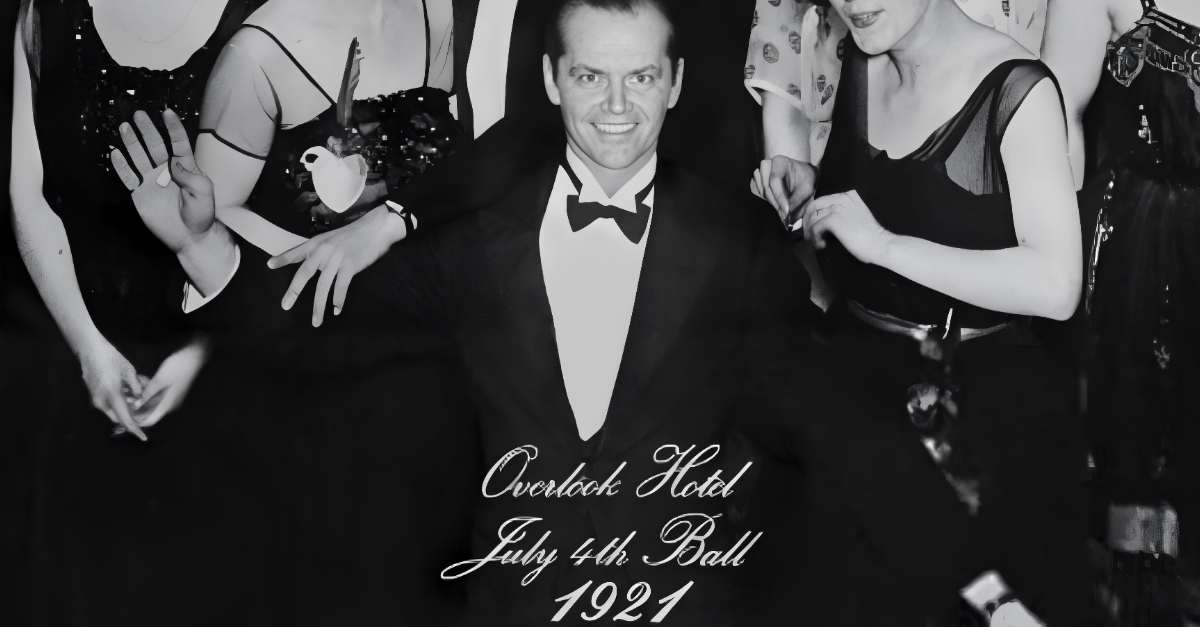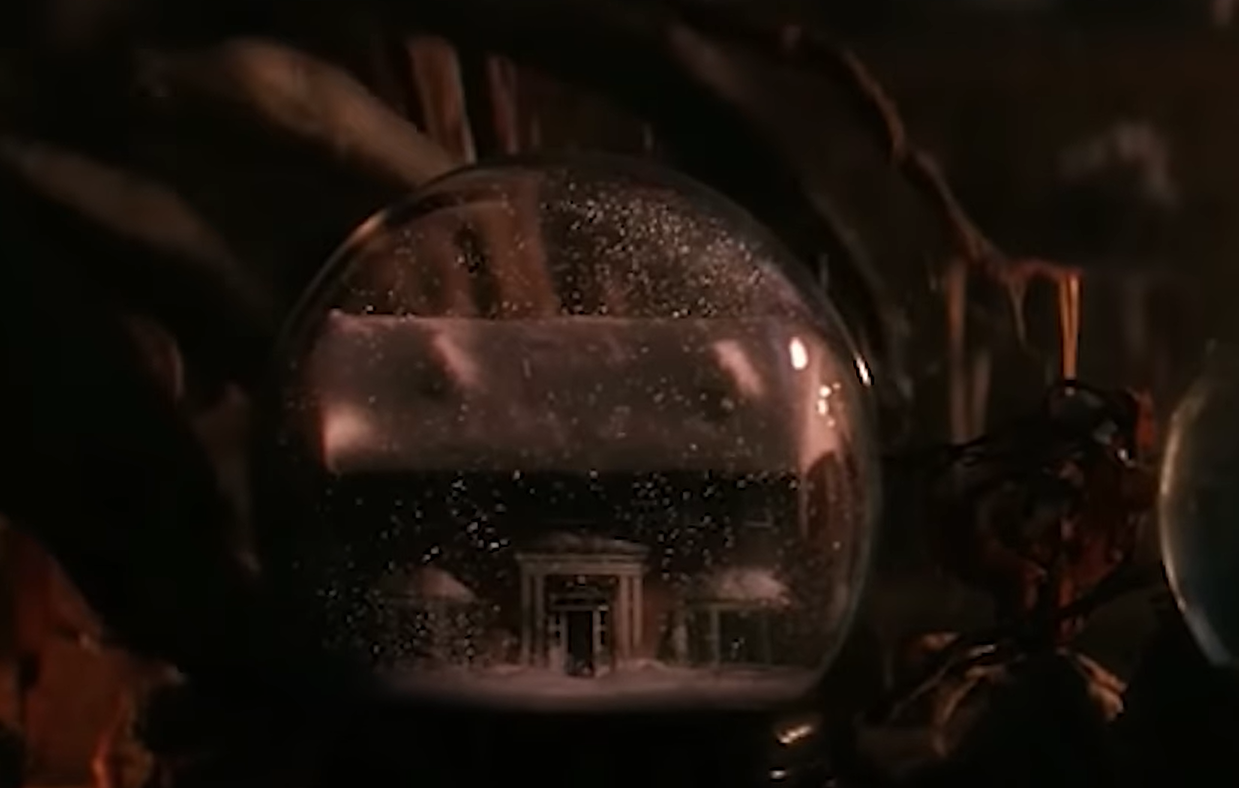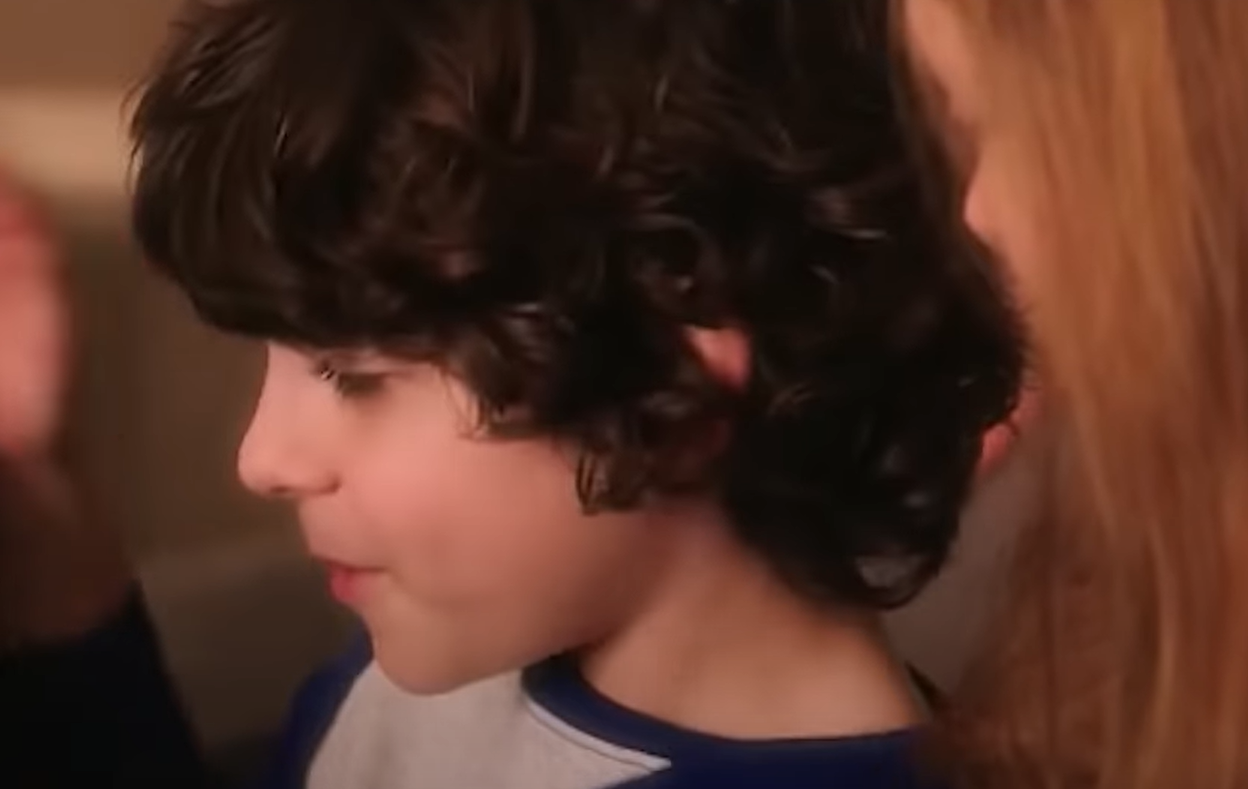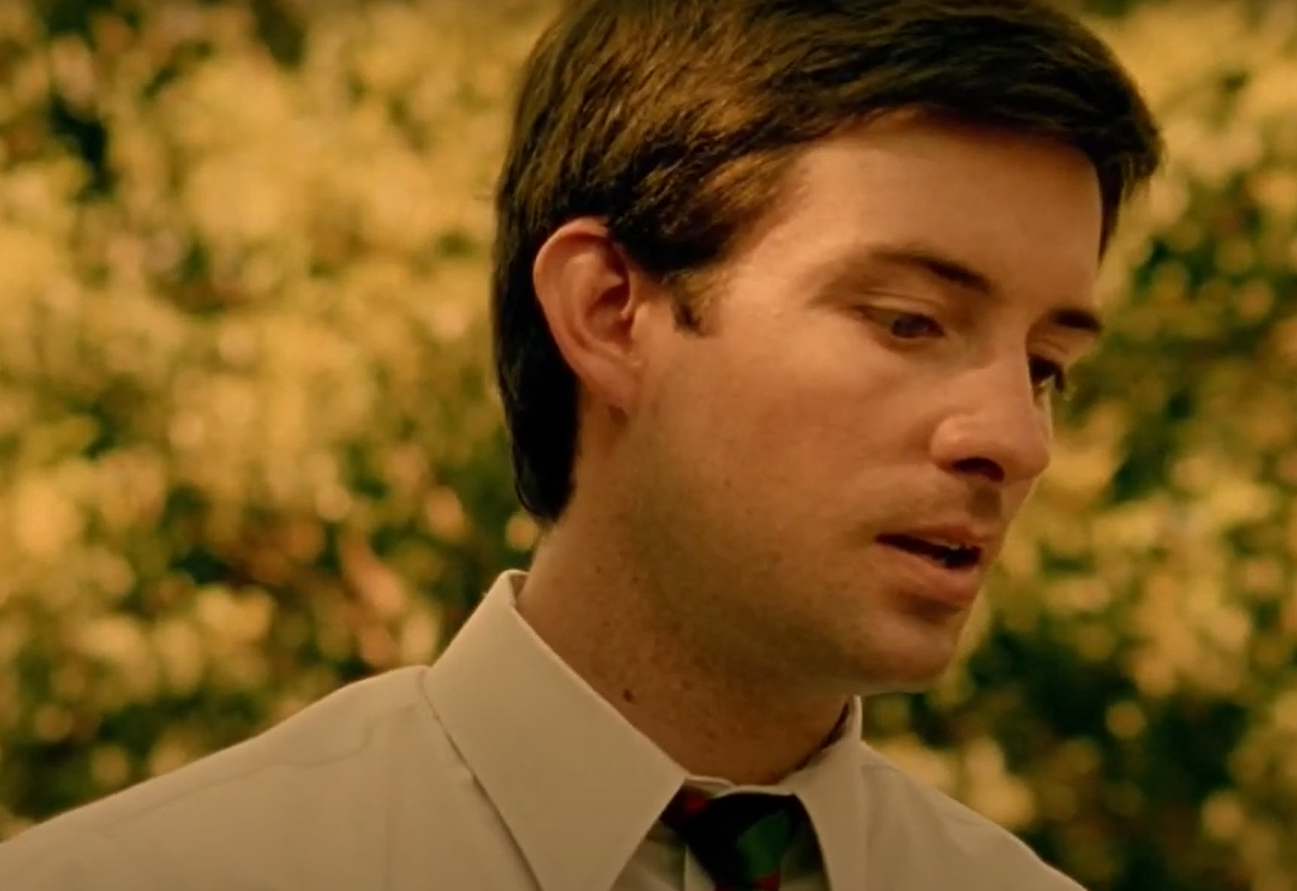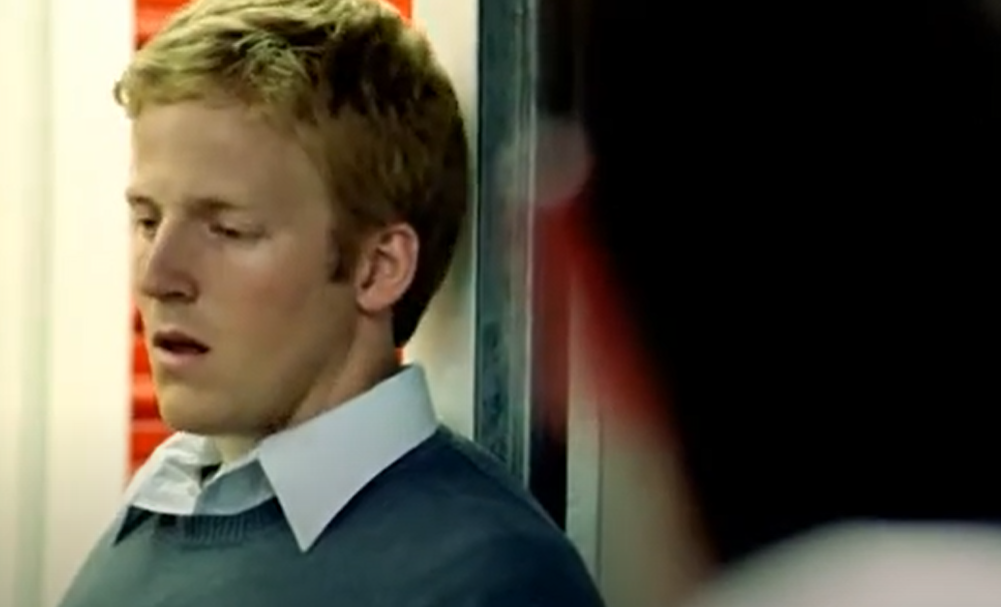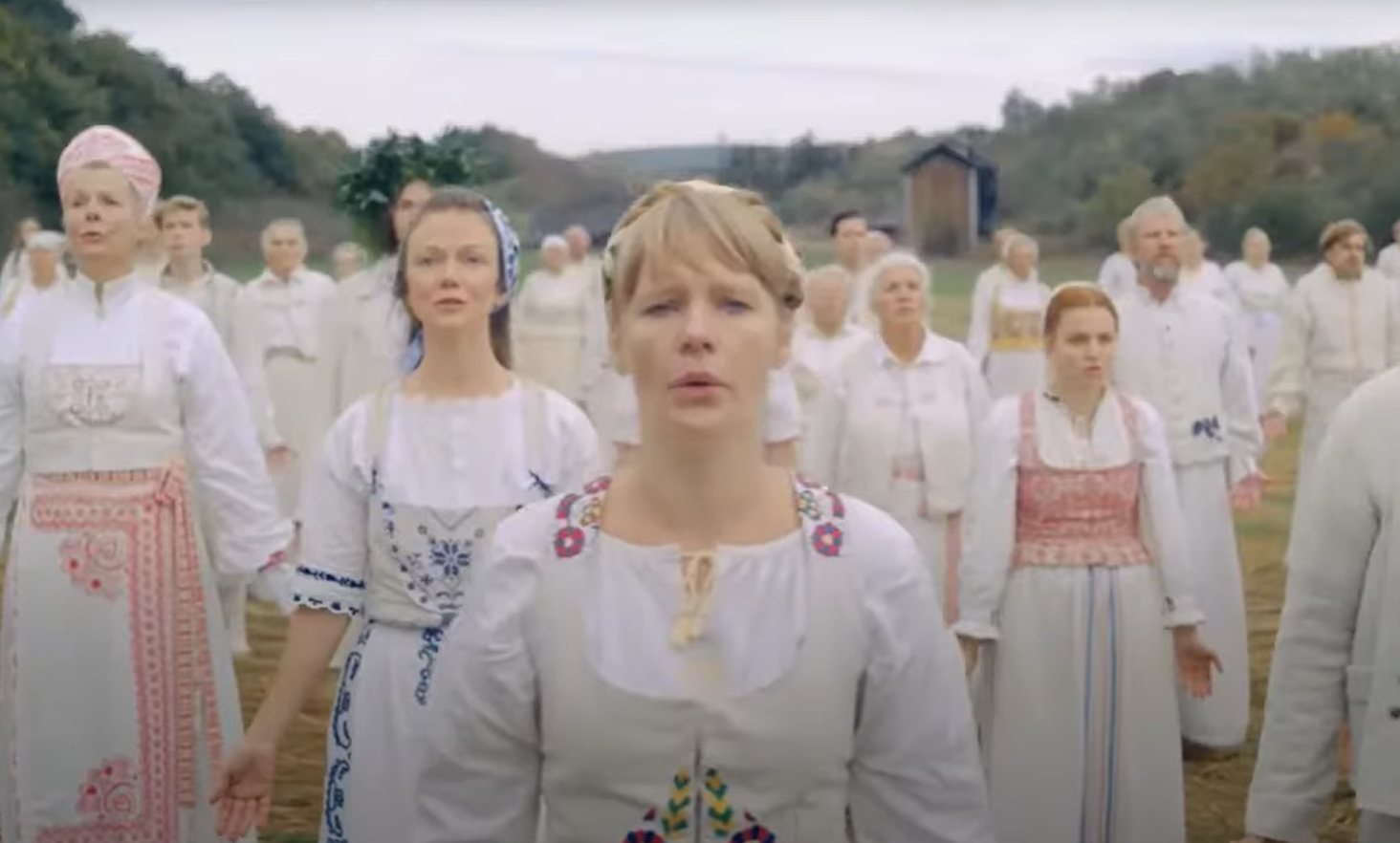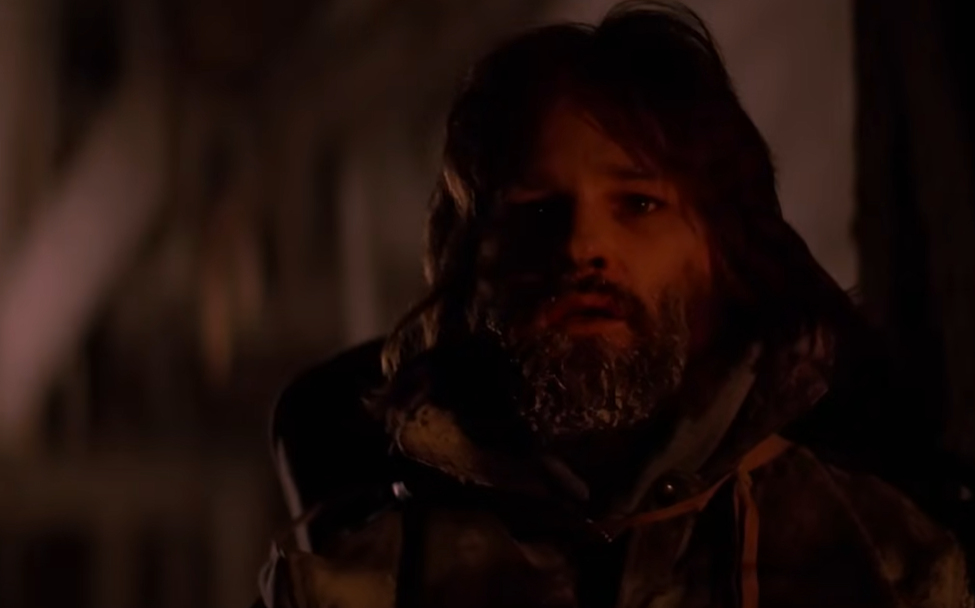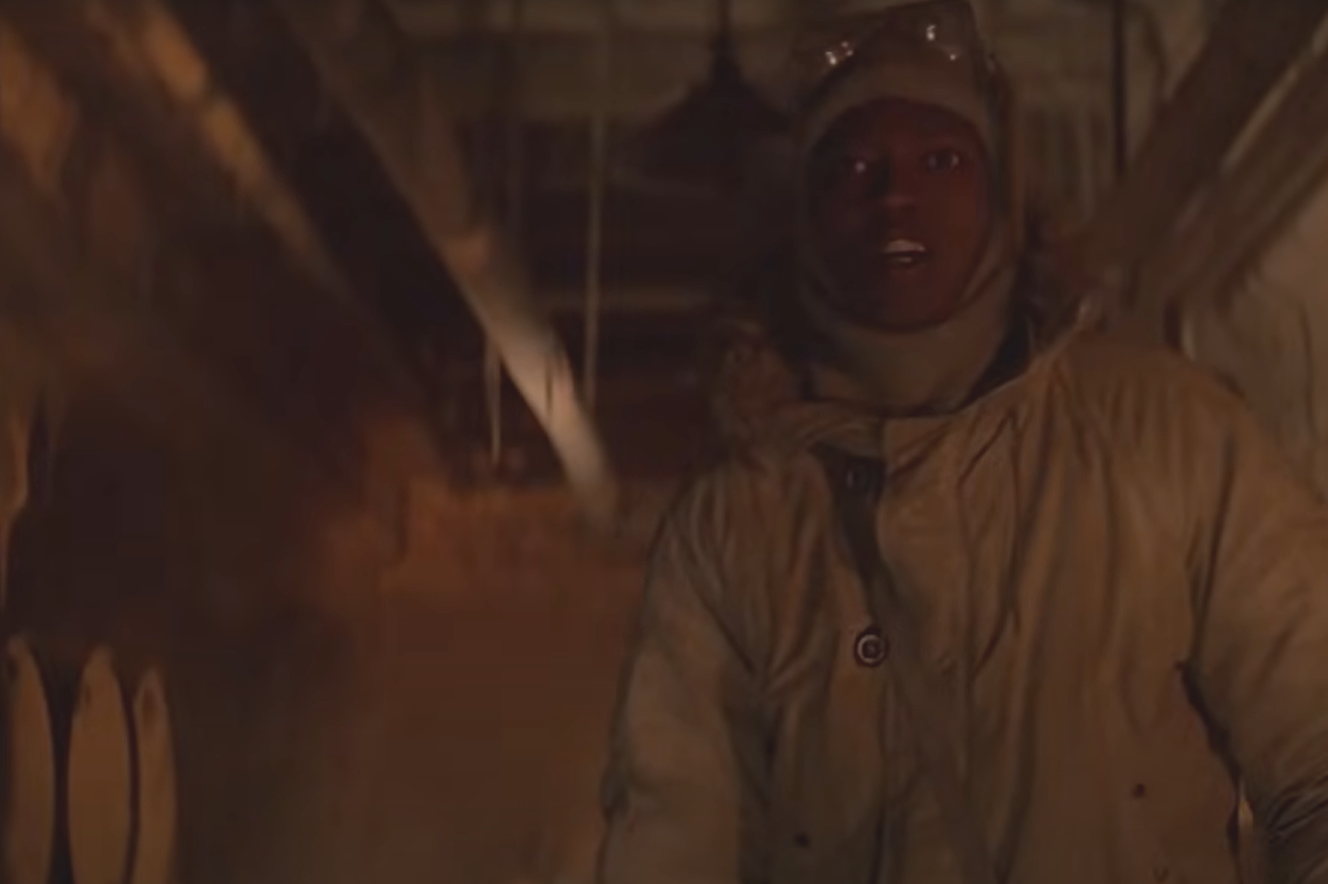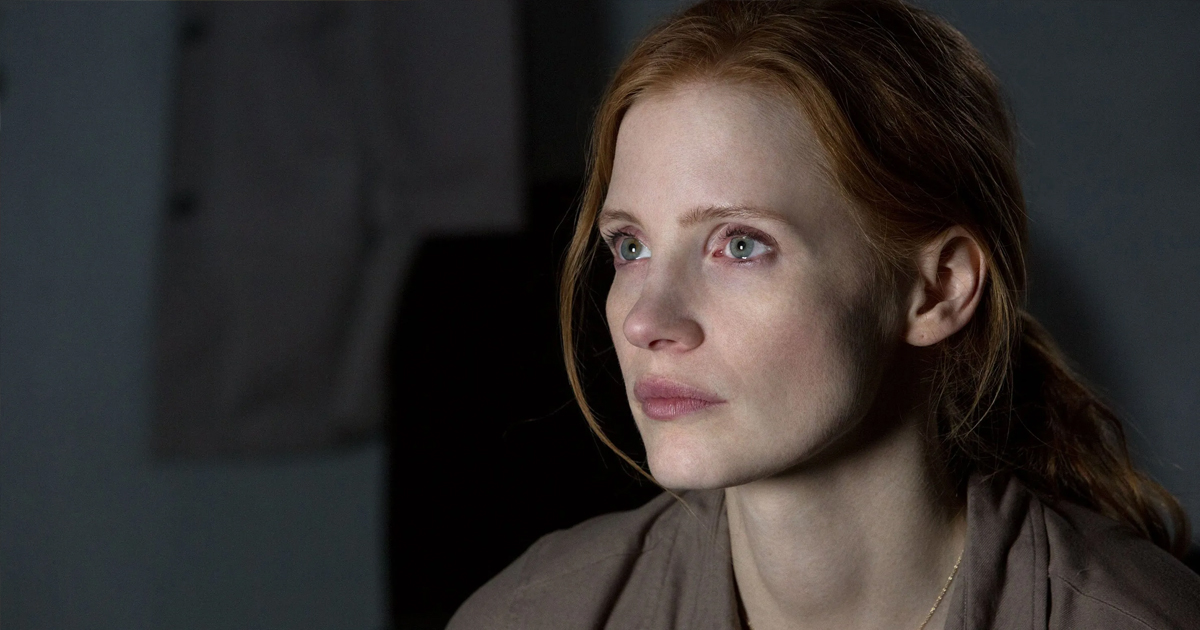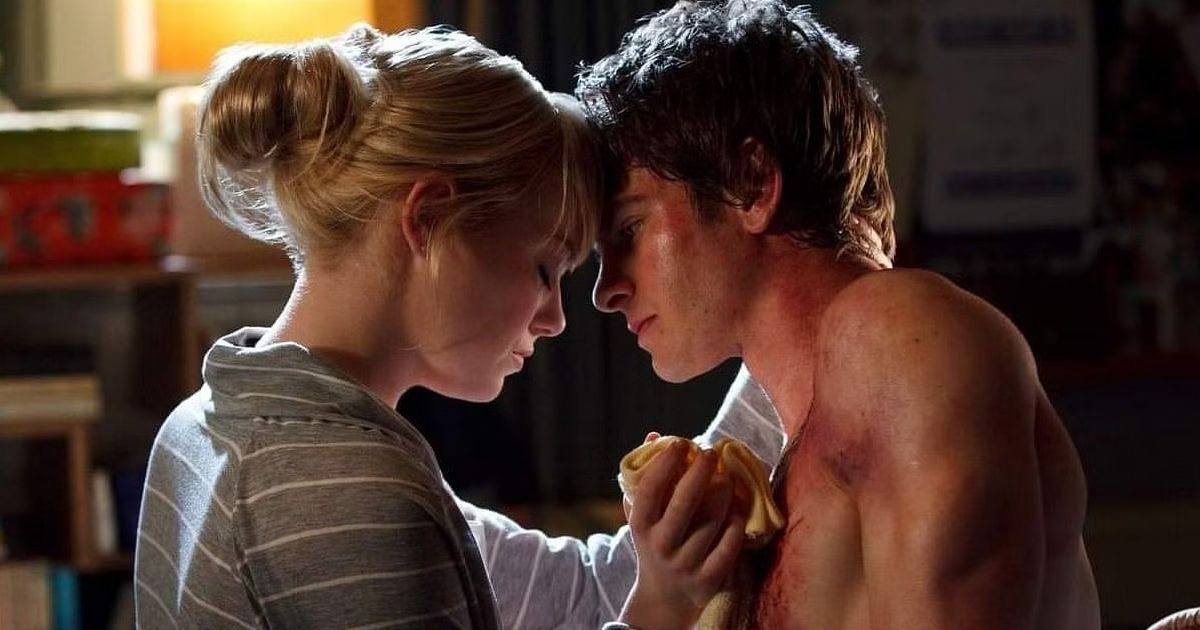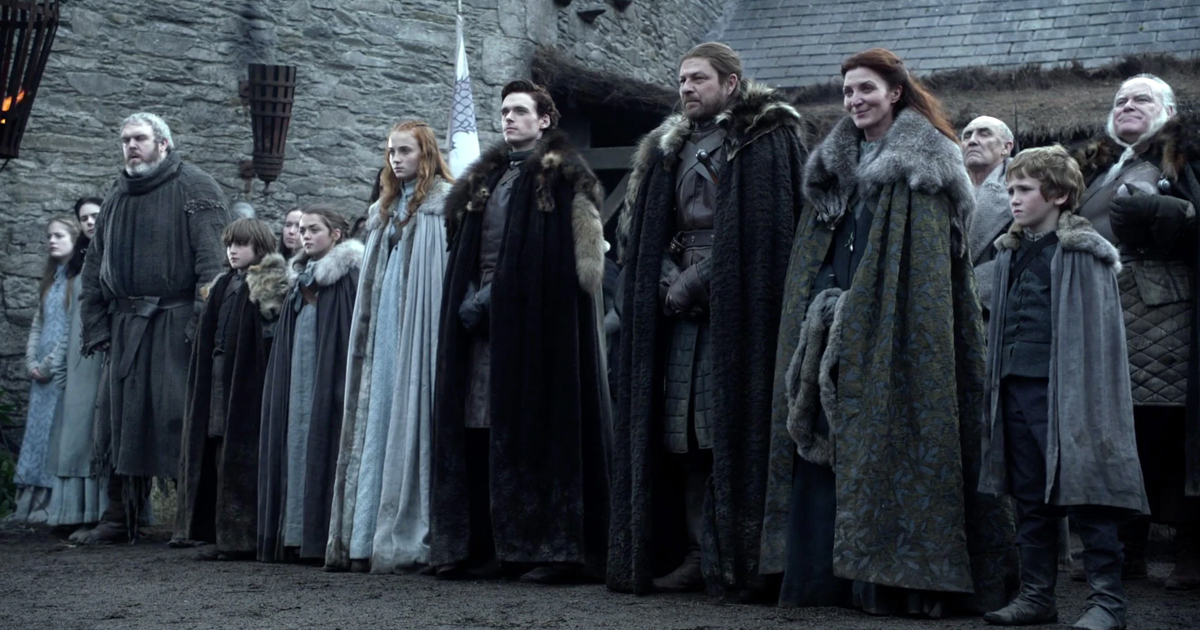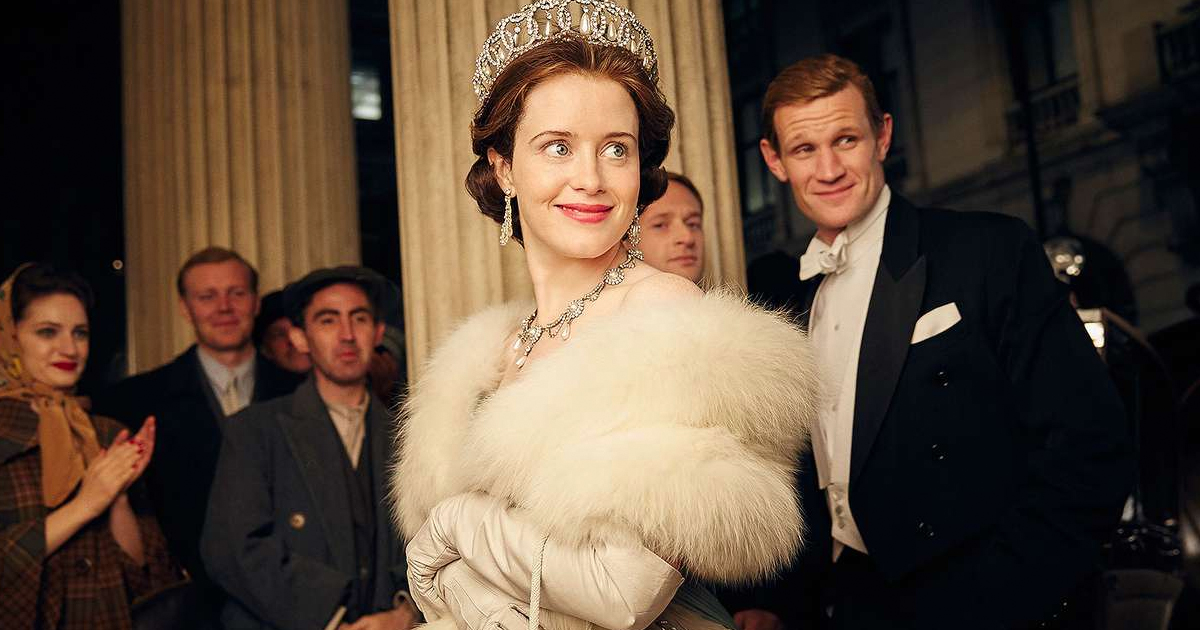Roll Credits
You know that feeling at the end of a movie when the credits start to roll and you're sitting there wondering what just happened? What did those final moments mean before the screen cut to black? Well, these are the movies that have left many folks scratching their heads. How about you?
"Inception" (2010)
You knew this one was going to be here, so we figured we'd get it out of the way right off the bat. DiCaprio sets that totem spinning to determine whether he is in reality or still in a dream, but walks off to see his kids rather than wait for an answer.
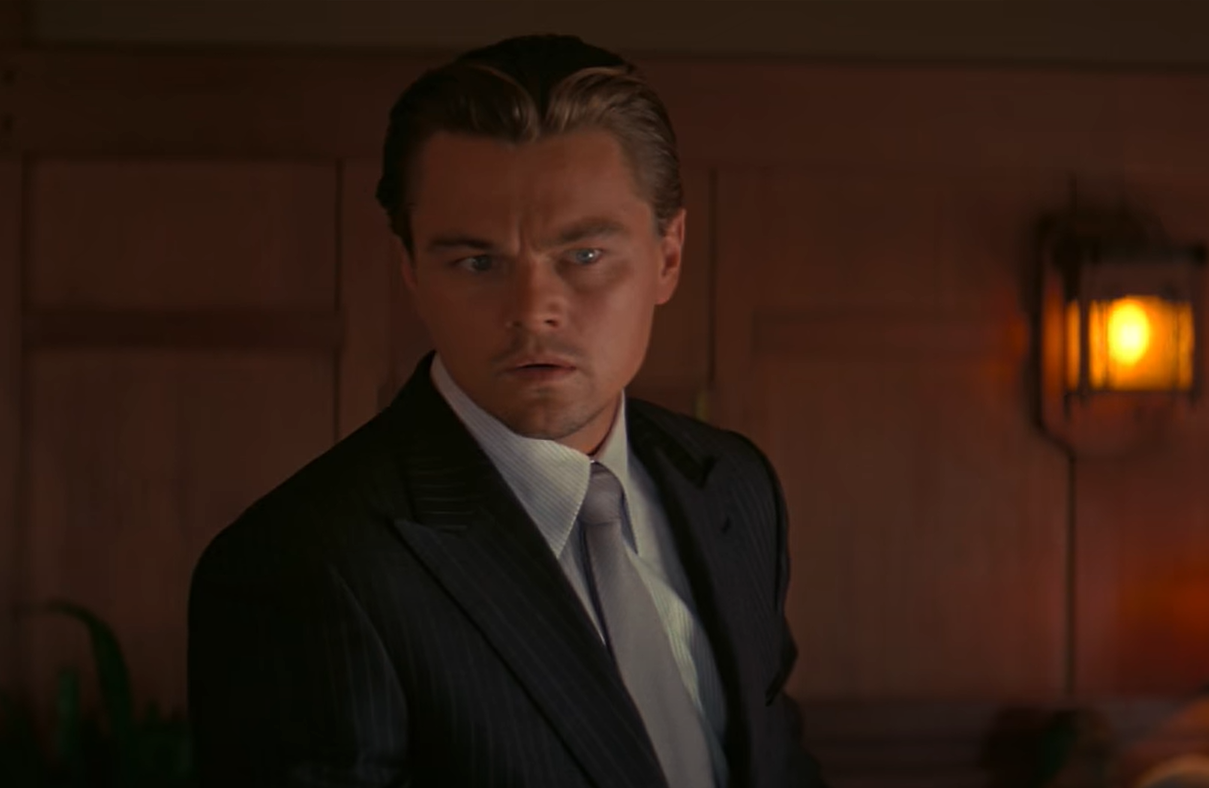 Warner Bros., Inception (2010)
Warner Bros., Inception (2010)
"Inception" (2010)
Well, director Christopher Nolan doesn't let the camera walk off with him and instead plants it right in front of the totem so we, the audience, can learn the truth. Or at least that's what we think—until the screen cuts to black before the totem stops spinning.
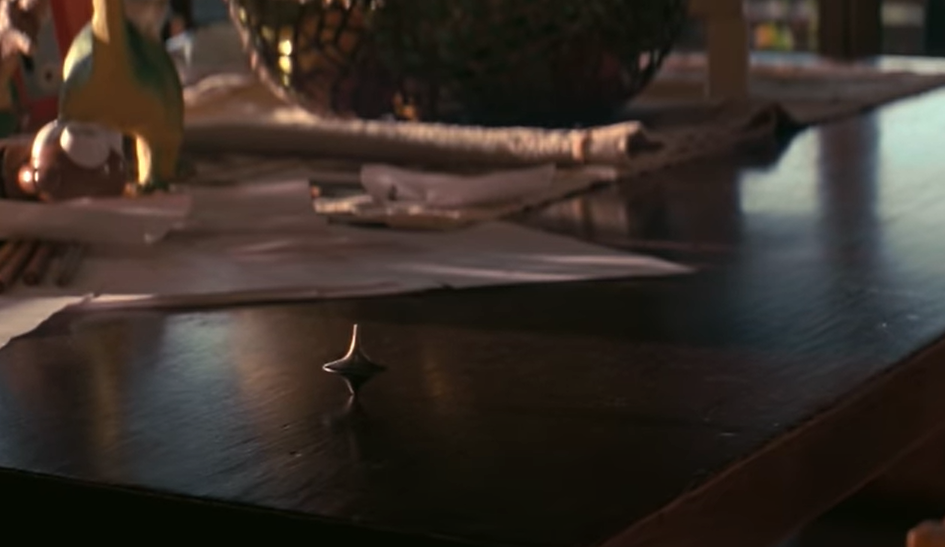 Warner Bros., Inception (2010)
Warner Bros., Inception (2010)
"Inception" (2010)
So, are we supposed to assume it never stops and DiCaprio is still in a dream or not? There are also some who have suggested that the totem looks like it is about to fall over when the scene cuts off? Is that true? Did Nolan do that on purpose as some kind of subconscious hint?
Speaking of is this the real world or not...
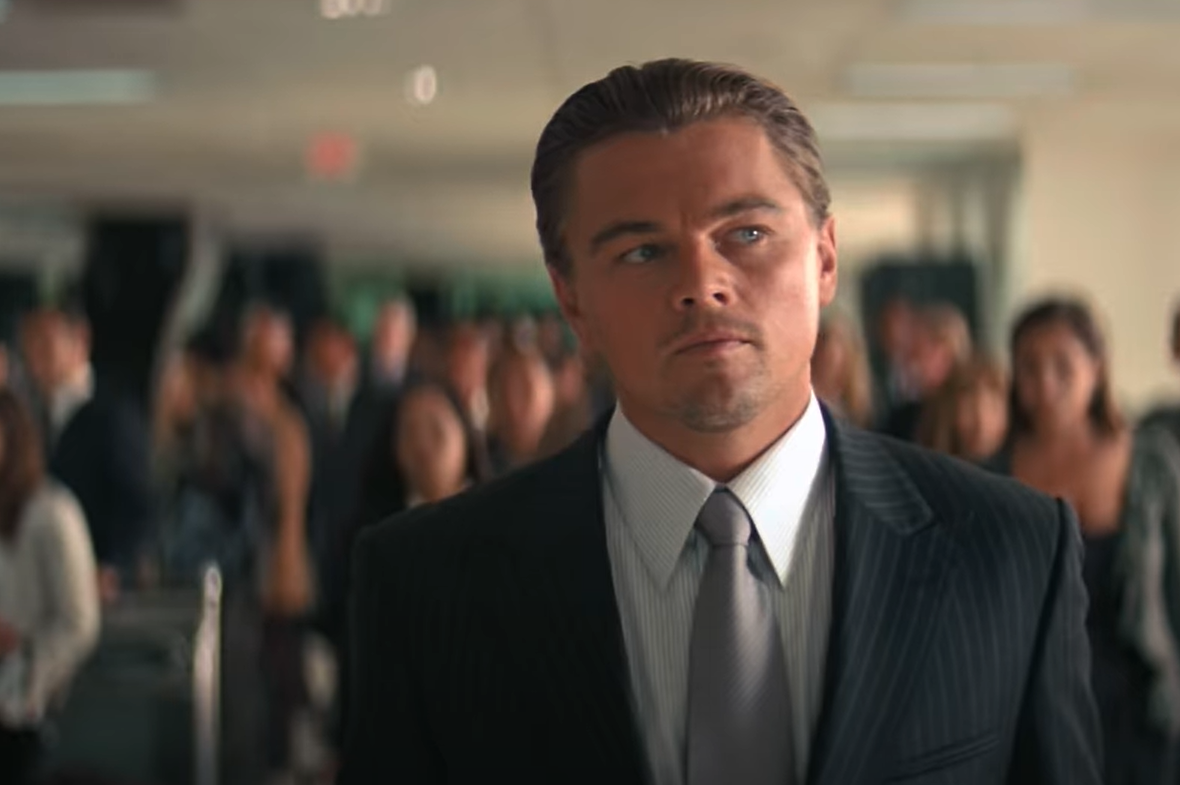 Warner Bros., Inception (2010)
Warner Bros., Inception (2010)
"The Shining" (1980)
Stephen King might not have liked Stanley Kubrick's movie based on his novel, but audiences sure did and still do all these decades later. But all these decades later, many of us are still unsure what to make of the ending.
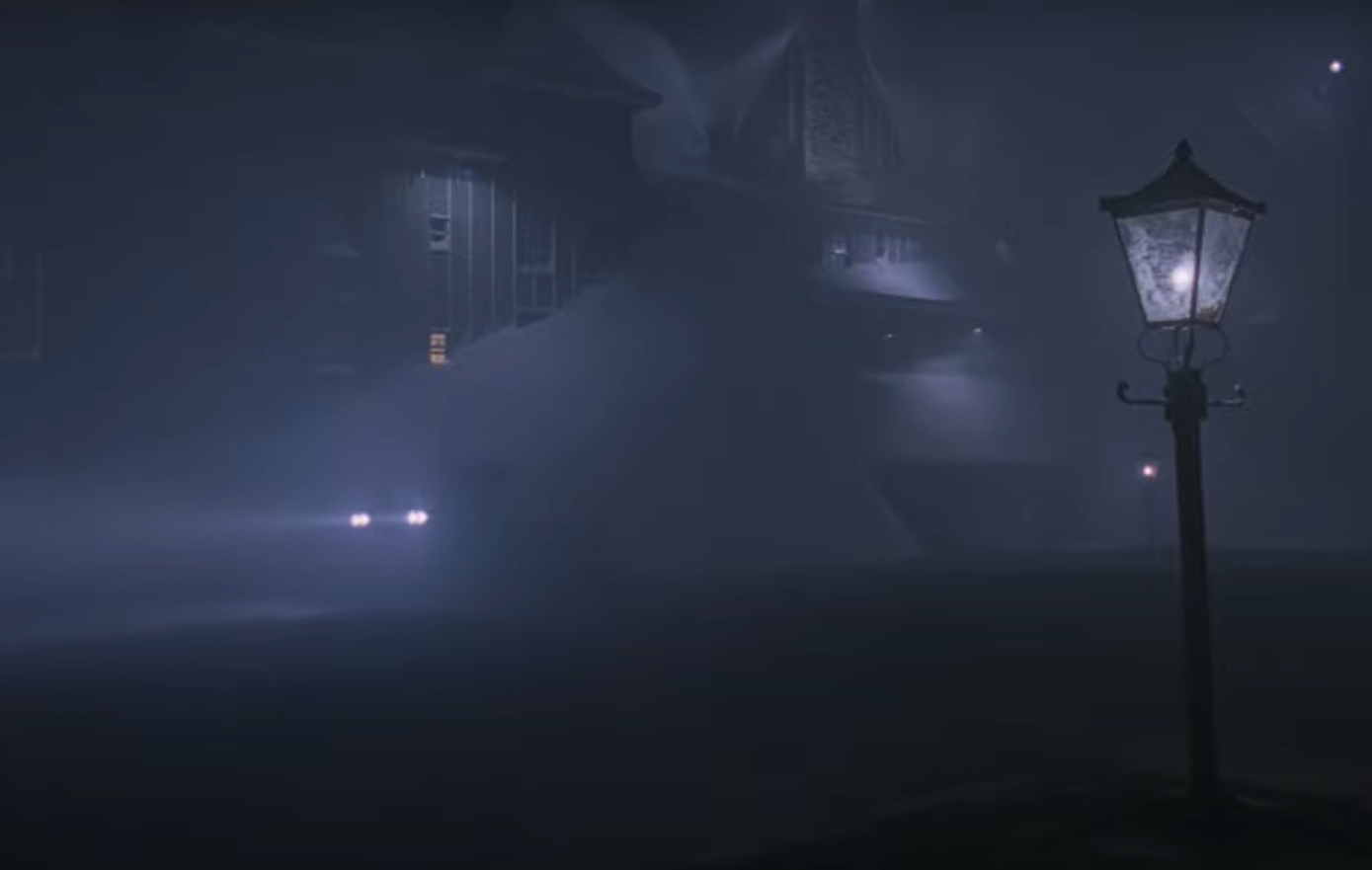 Warner Bros., The Shining (1980)
Warner Bros., The Shining (1980)
"The Shining" (1980)
In the final moments of the movie, Jack Nicholson's character, Jack Torrance, is seen passing away in the freezing cold of the maze outside the hotel. Nothing to be confused by there. Pretty straight forward. And then comes the image that has left people guessing for years.
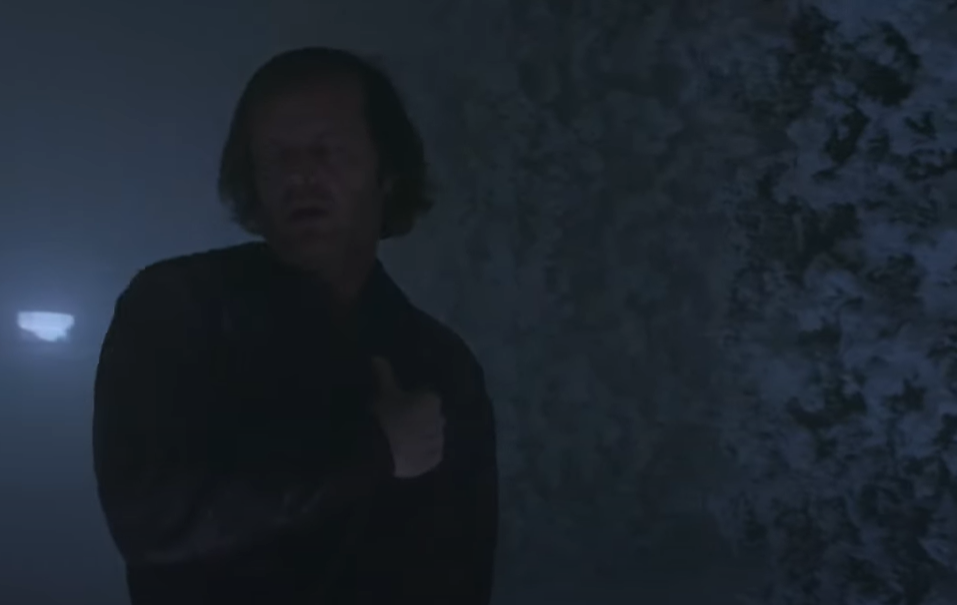 Warner Bros., The Shining (1980)
Warner Bros., The Shining (1980)
"The Shining" (1980)
The photograph of Jack in the hotel dated 1921 (60 years before the events of the movie). Is it time travel? Was Jack a ghost the whole time? Is it a repeating the day over and over kind of thing? There are many theories. To which do you subscribe?
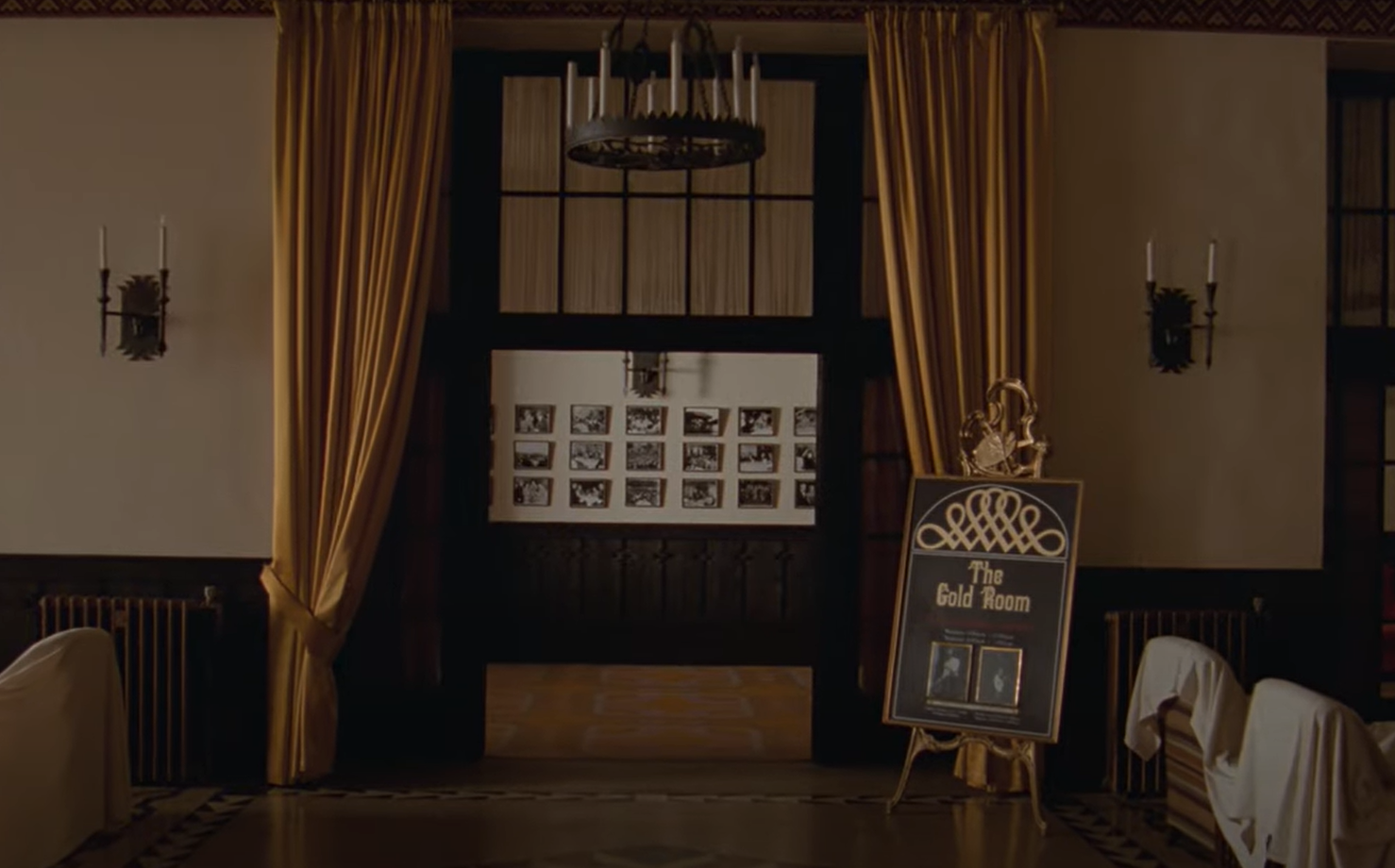 Warner Bros., The Shining (1980)
Warner Bros., The Shining (1980)
"Existenz" (1999)
Canadian director David Cronenberg's 1999 science fiction horror film takes place in 2030, where people play these virtual reality games via connectors surgically inserted into their spines while a few fanatics called Realists try to fight the two major game companies and their hold on society.
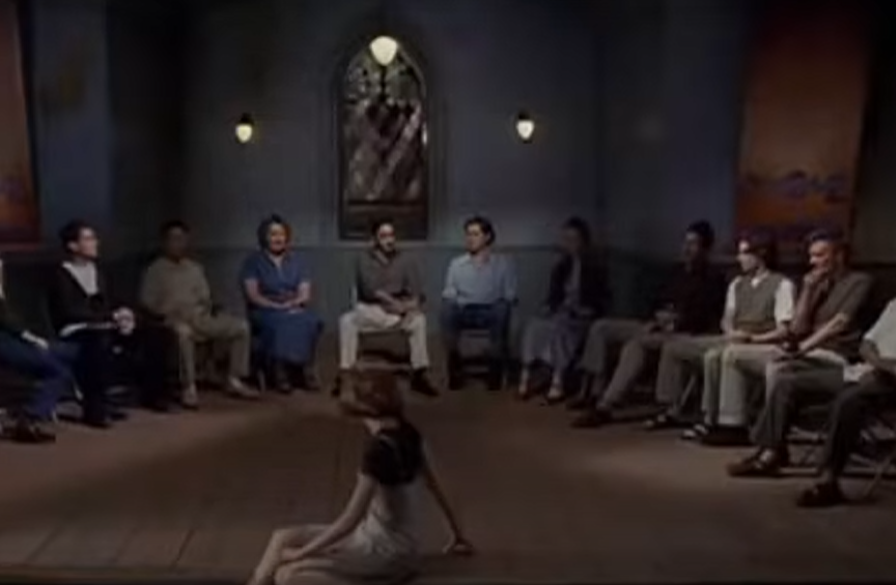 Alliance Atlantis, Existenz (1999)
Alliance Atlantis, Existenz (1999)
"Existenz" (1999)
Needless to say the virtual world and the real world get so entangled that knowing what we are watching isn't as obvious as it might seem at first. Especially at the end when a waiter asks our two protagonists if they are still in the game or not. They stand there in silence and do not answer. Does that mean "yes" or "no"? Thoughts?
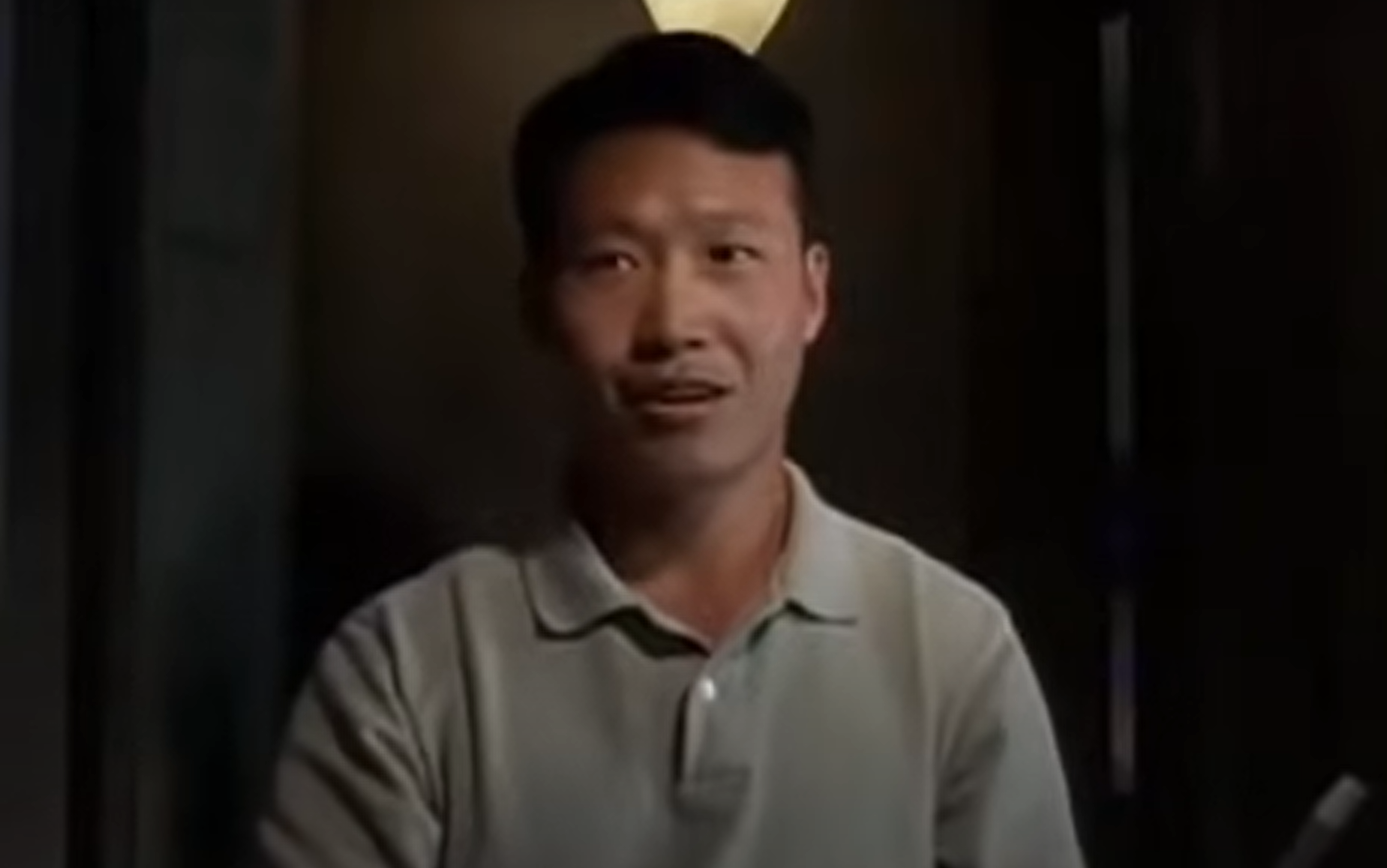 Alliance Atlantis, Existenz (1999)
Alliance Atlantis, Existenz (1999)
"Donnie Darko" (2001)
As if the guy in the freaky rabbit costume isn't confusing enough, Donnie Darko's ending also left some of us wondering what we'd just seen. Was it time travel? Were the last 28 days, 6 hours, 42 minutes, and 12 seconds a dream of some sort? Help!
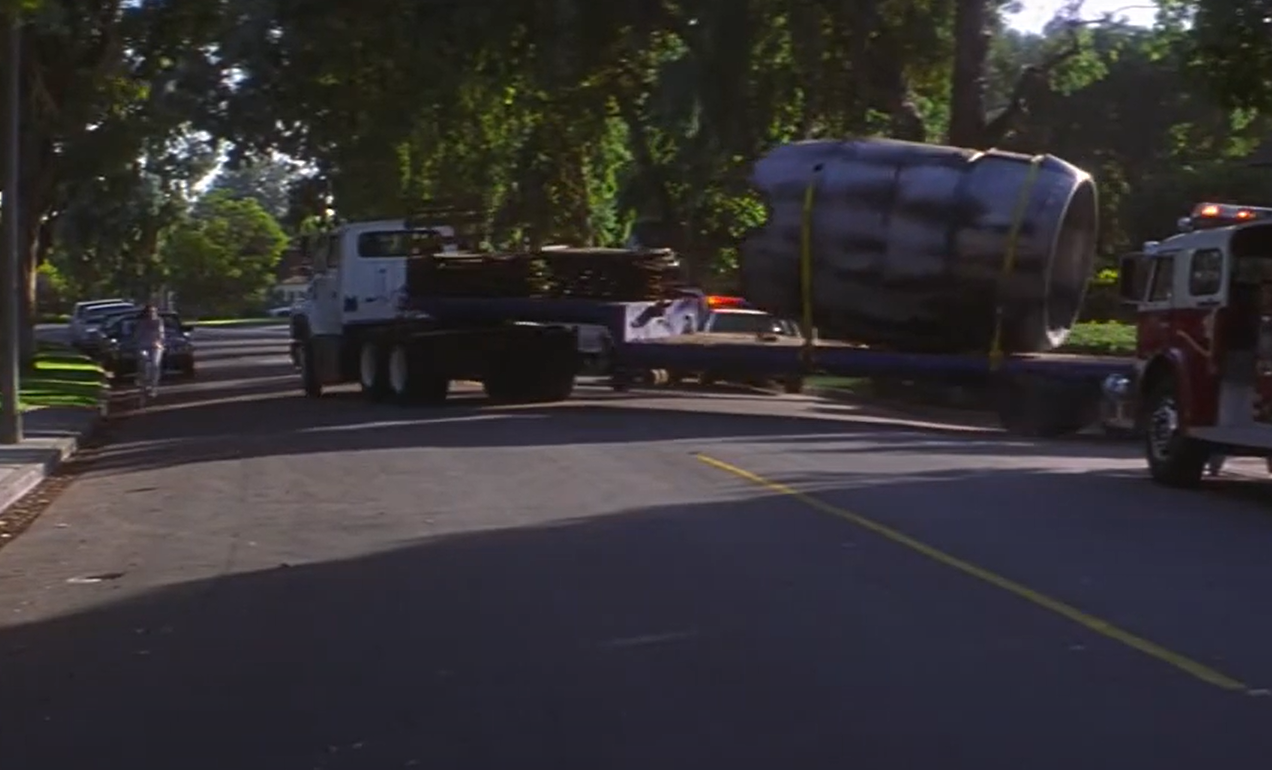 Pandora Cinema, Donnie Darko (2001)
Pandora Cinema, Donnie Darko (2001)
"Mulholland Drive" (2001)
To be fair, while we really liked Mulholland Drive—we were confused by pretty much the entire movie. So, the blue-haired woman at the club whispering "silencio" was just the confused cherry on this confusing sundae.
 Canal+, Mulholland Drive (2001)
Canal+, Mulholland Drive (2001)
"Interstellar" (2014)
Yup, it's Christopher Nolan again. We love him, but we also realize going into his films that we will probably have some real thinking to do when it's over—and Interstellar was no exception to that.
With earth dying, Matthew McConaughey is tasked with piloting a ship with 5,000 embryos to a new planet. On the journey, there's a wormhole and when he goes through said wormhole, McConaughey learns that he is a ghost in his daughter's bedroom back on Earth in the past. Confused yet?
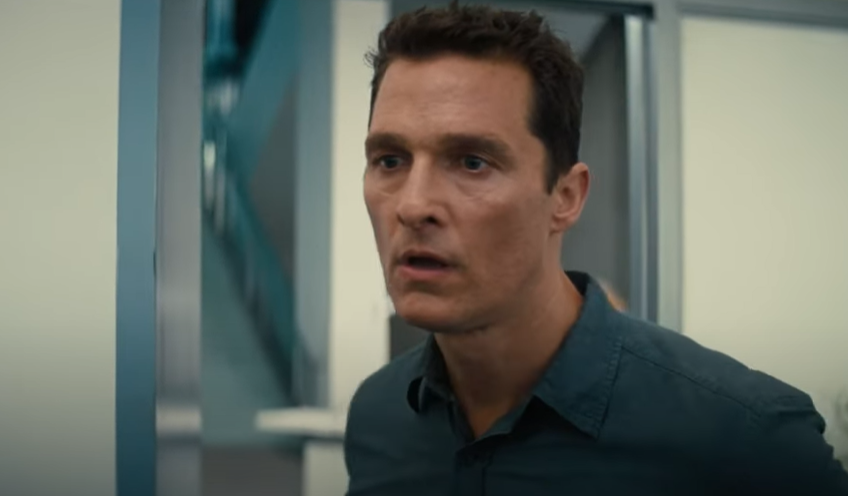 Paramount, Interstellar (2014)
Paramount, Interstellar (2014)
"Interstellar" (2014)
The end of the film finds McConaughey finally returning home after many years away. So many, in fact, that his young daughter is now on her deathbed. McConaughey though, well, he has barely aged at all. Discuss.
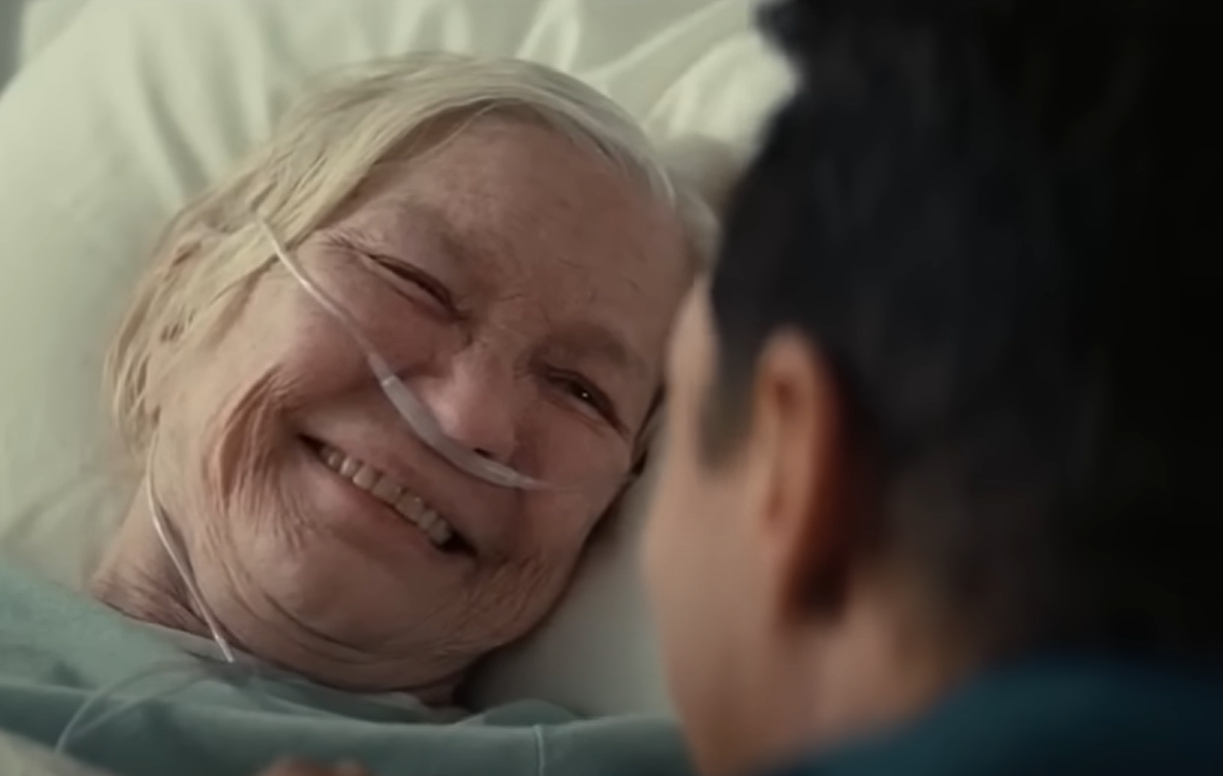 Paramount, Interstellar (2014)
Paramount, Interstellar (2014)
"Peanut Butter Falcon" (2019)
Were Duncan and Ratboy arrested or did they flee the scene? Is the driving off to Florida supposed to imply a happy ending and a new life for Tyler Eleanor and Zak? We think so. Do you agree?
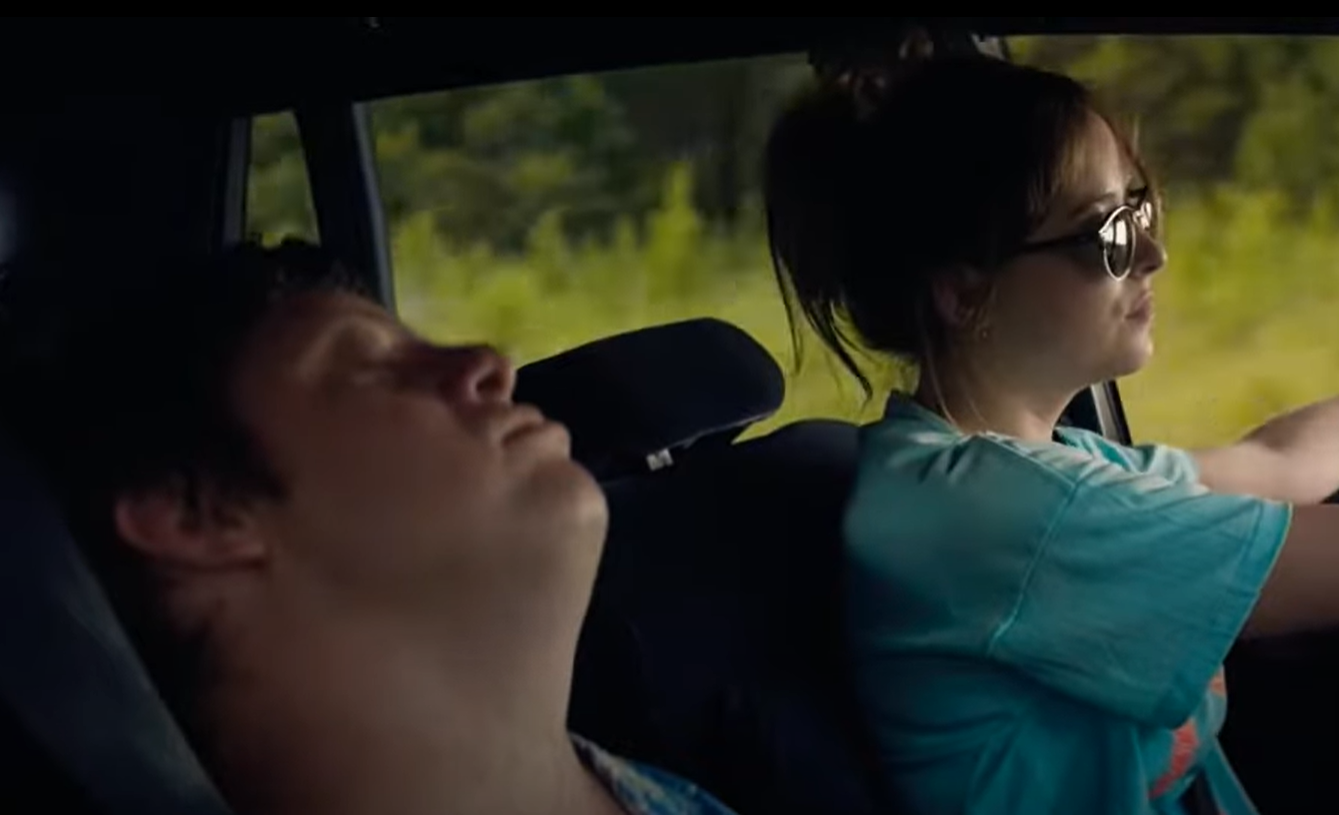 Armory Films, Peanut Butter Falcon (2019)
Armory Films, Peanut Butter Falcon (2019)
"2001: A Space Odyssey" (1968)
Arguably one of the top 10 greatest films ever made, Stanley Kubrick's sci-fi masterpiece is quiet, beautiful, meditative, thought-provoking, and kinda confusing. And all those words can also be used to describe the end of the movie as well, as David Bowman enters the wormhole and we pass through an array of lights only to come out the other end in a bedroom where Bowman watches a copy of himself grow old and pass away.
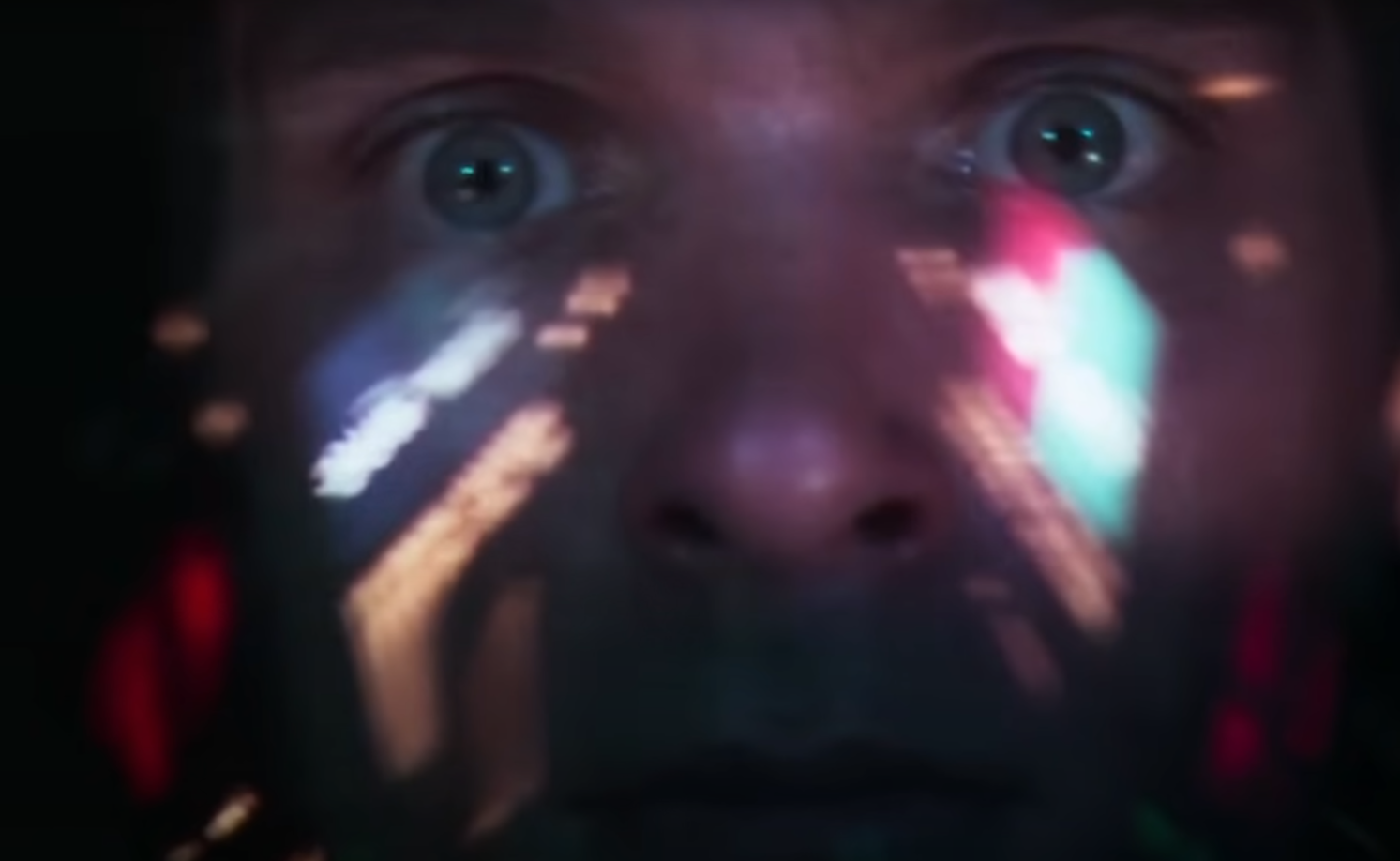 MGM, 2001: A Space Odyssey (1968)
MGM, 2001: A Space Odyssey (1968)
"2001: A Space Odyssey" (1968)
From there, the "Star Child" emerges in an embryonic looking bubble, the music rises and...cut to the credits. We love it, but we aren't sure we understand it. The most he ever really said on the matter of those final moments was, "He [Bowman] is transformed into some kind of super being and sent back to Earth... and we have to only guess what happens when he goes back".
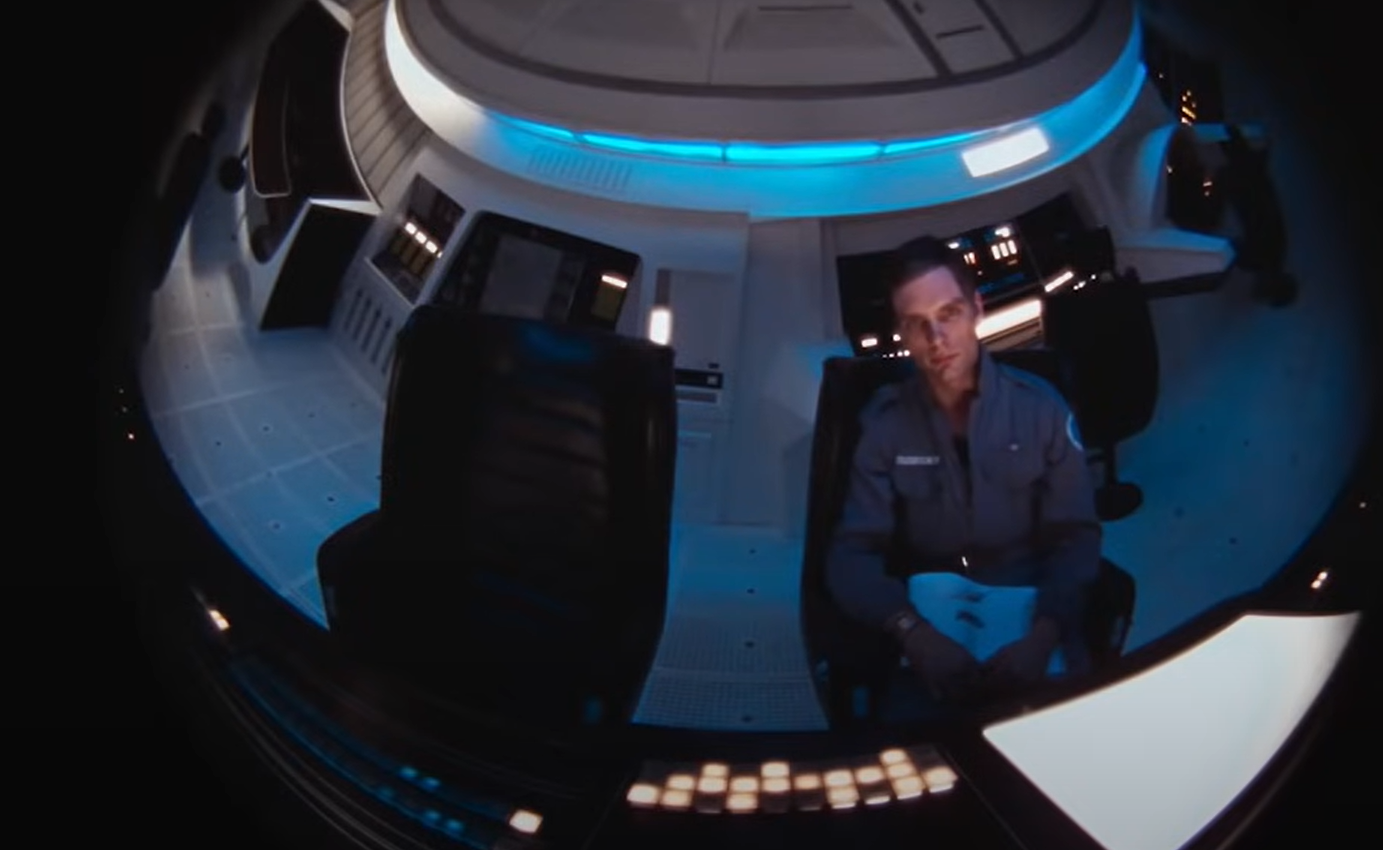 MGM, 2001: A Space Odyssey (1968)
MGM, 2001: A Space Odyssey (1968)
"2001: A Space Odyssey" (1968)
If this somewhat oblique answer isn't precise enough for you, it seems like that's exactly what Kubrick wanted. Even saying that is more than he usually wanted to say. "I try to avoid [explaining the ending]" since it runs the risk of ruining the thought-provoking experience.
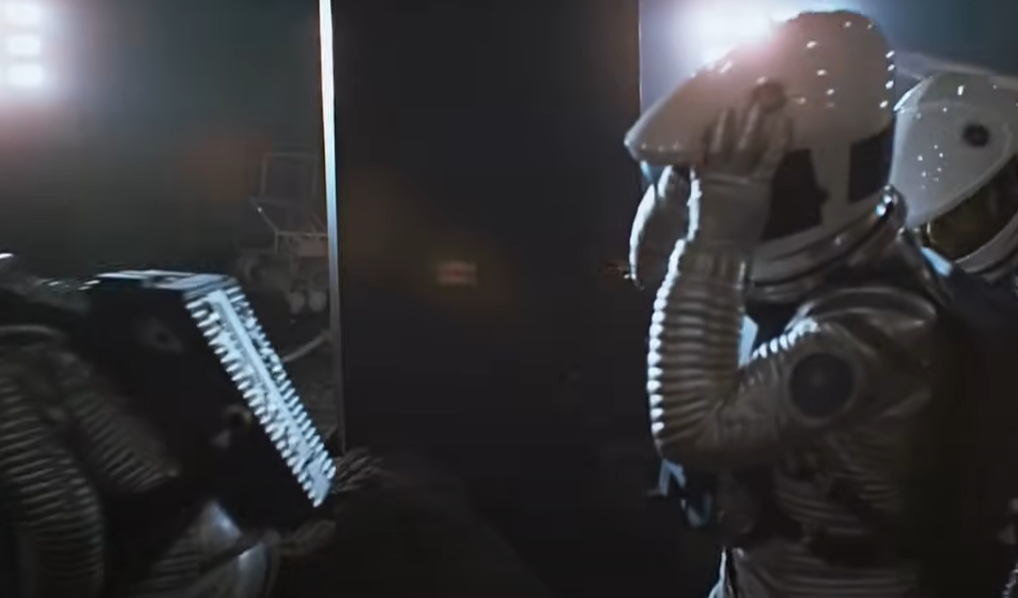 MGM, 2001: A Space Odyssey (1968)
MGM, 2001: A Space Odyssey (1968)
"Krampus" (2015)
The most surprising "snow globe" ending of all time has to be the 80s medical TV drama St Elsewhere (if you know it, then you know what we mean). However, the snow globe ending of the 2015 Christmas comedy horror movie Krampus is right up there. And as surprised as we were by it–we'll also admit being kinda confused.
"Krampus" (2015)
Is the snow globe there just for Krampus to monitor all the families he has spared? Or, as we read some people suggesting, the family passed away and was in some kind of hellish time-loop reliving Christmas over and over again?
"Blade Runner" (1982)
Harrison Ford as Deckard tracks down replicants and puts them out of commission. So far so good. Deckard falls in love with a replicant, Rachel, who thinks she is human. Still not confused. But is Deckard human or actually a replicant who also thinks he is human? Now we're confused. And the ending with the origami unicorn does nothing to clear it up.
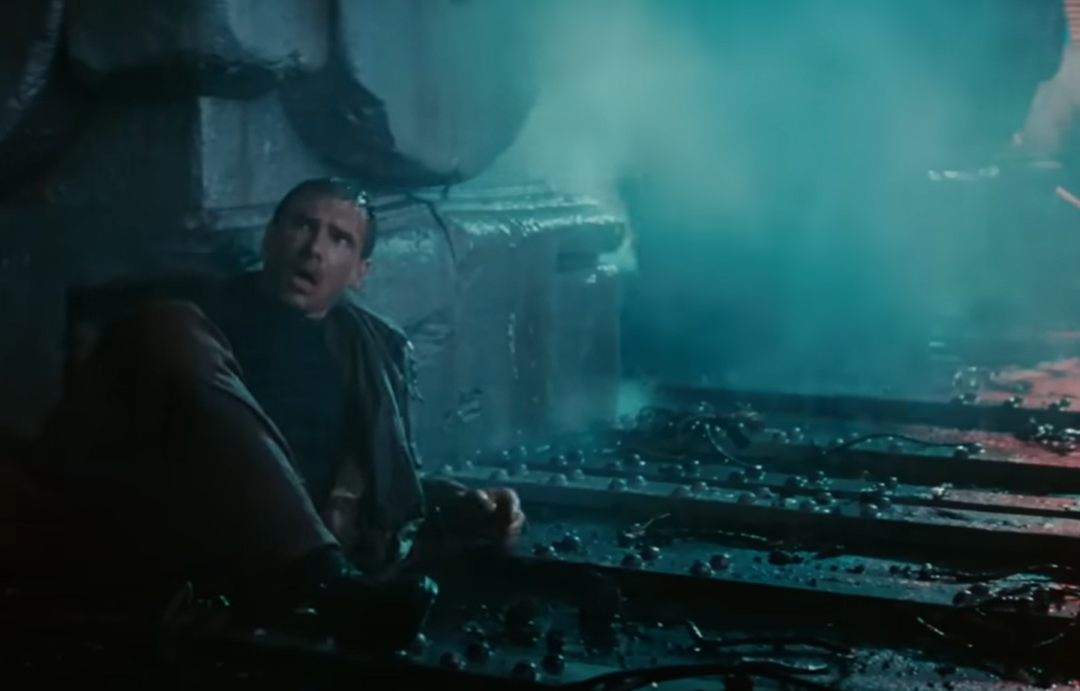 Warner Bros., Blade Runner (1982)
Warner Bros., Blade Runner (1982)
"Blade Runner" (1982)
Although, maybe it depends on what ending we're talking about given that there have been so many versions and cuts of the film released in the last four decades (which, in a way, only proves our point as to the confusion brought on by the film's final moments). Is there one version that makes it all clear? Which one would you suggest?
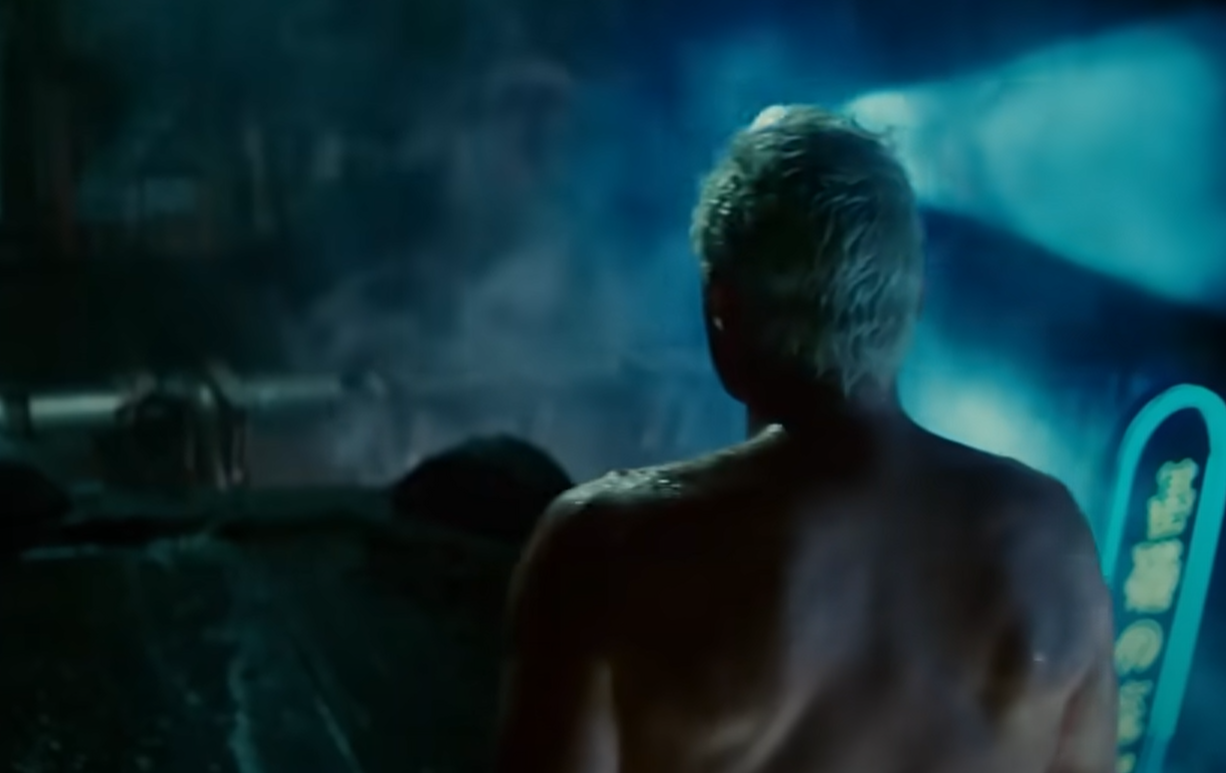 Warner Bros., Blade Runner (1982)
Warner Bros., Blade Runner (1982)
"Primer" (2004)
This 2004 independent feature is about the accidental discovery of time travel. Right away when we hear time travel, we know things are going to get confusing. And on that front, this under-appreciated sci-fi film doesn't disappoint. At first, things are relatively simple when two engineers discover the ability to create a loop inside a box that can take them back in time six hours. But things don't stay simple for long...
"Primer" (2004)
As the timeline gets messed with, multiple versions of the men appear and, in the end, one engineer is watching a multitude of other engineers building a giant box in hopes of going back in time before the experiment initially took place. Why is each version of the engineers doing what they are doing? Well, everyone has their own opinion about that—leaving the ending open for plenty of interesting interpretations.
Sorry To Bother You (2018)
An African American telemarketer adopts a "White voice" to succeed at his job. Sounds like an interesting social satire. And it is. So, how can it be so confusing in the end you ask? Well, did we mention one company's plan to make their workers stronger and more obedient by transforming them into human-horse "Equisapiens"?
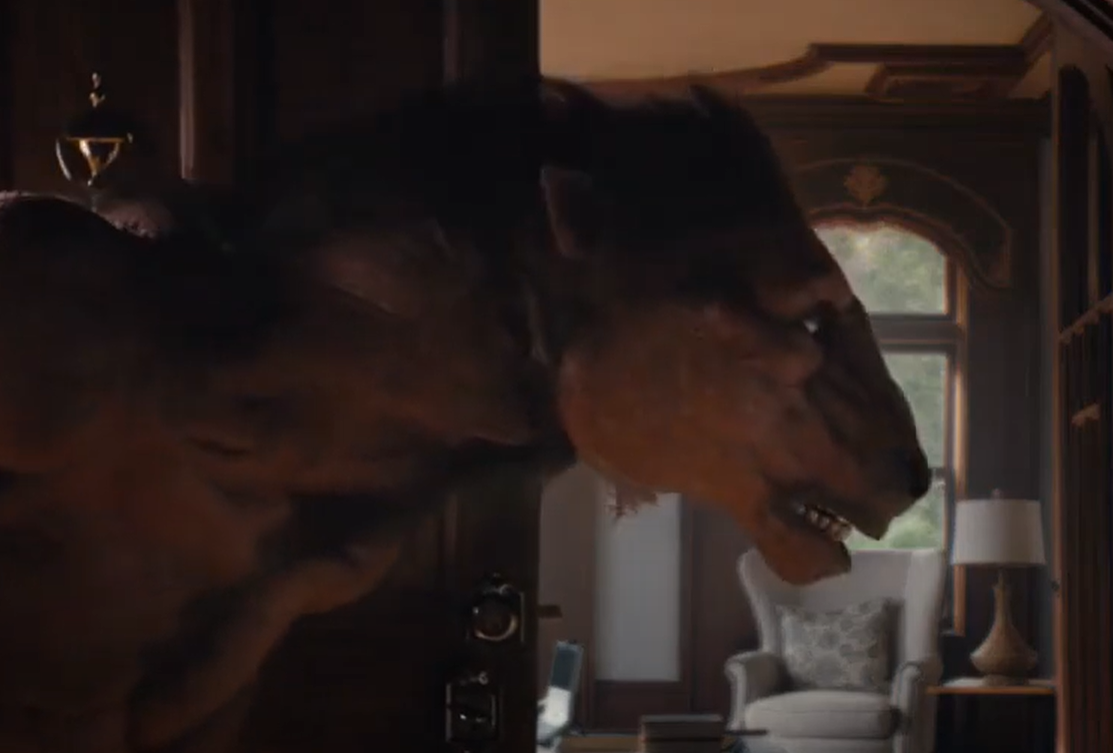 Cinereach, Sorry to Bother You (2018)
Cinereach, Sorry to Bother You (2018)
Solaris (2002)
Critics really liked Steven Soderbergh's take on the Solaris story—but audiences hated it (as the movie's "F" CinemaScore indicated). And while it probably wasn't just the ending they didn't like, the confusion over what it meant did, unfortunately, probably turn some folks off.
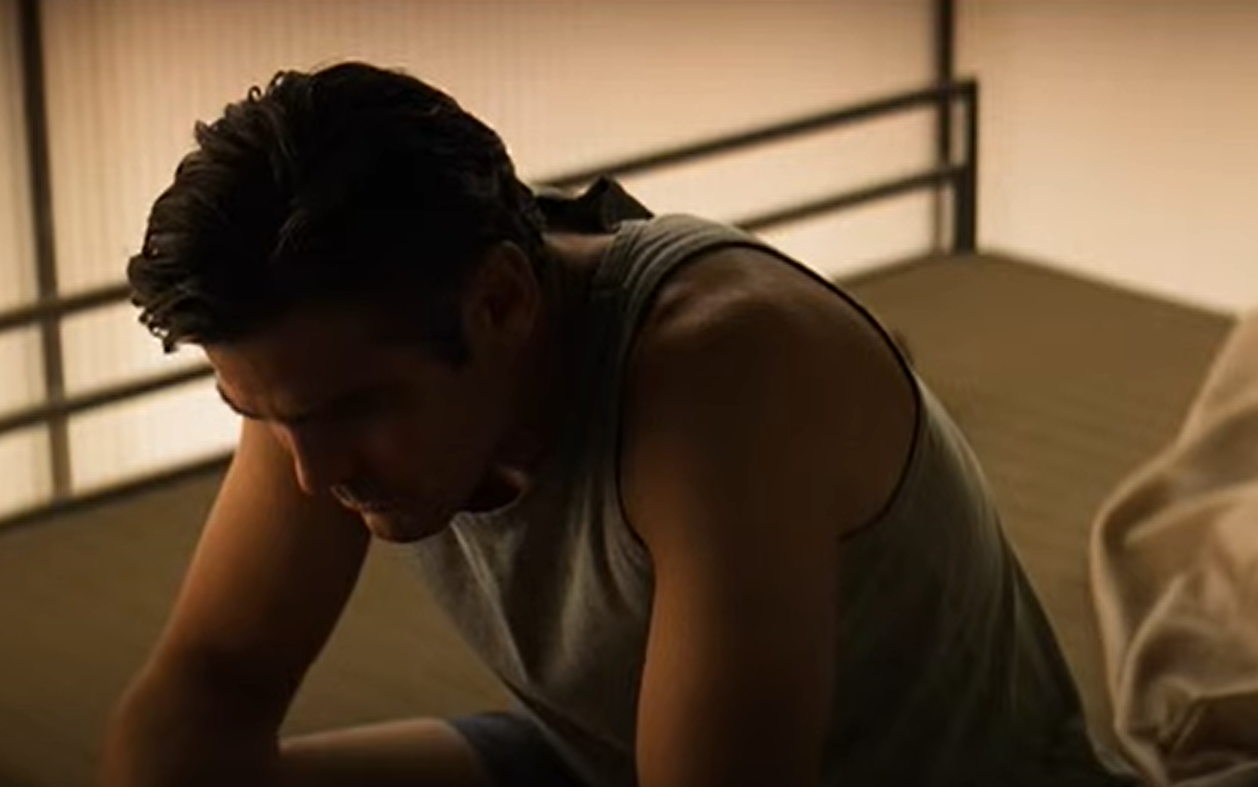 Twentieth Century, Solaris (2002)
Twentieth Century, Solaris (2002)
Solaris (2002)
Following his mission to a space station, George Clooney returns to Earth at the end of the movie...or does he? Despite how it looks, a flashback reveals he didn't actually board the return flight home, but stayed on the station to be with the ghost of his ex-wife. And when Clooney's character asks her if she is alive, her response, "We don't have to think like that anymore", certainly doesn't make things less confusing.
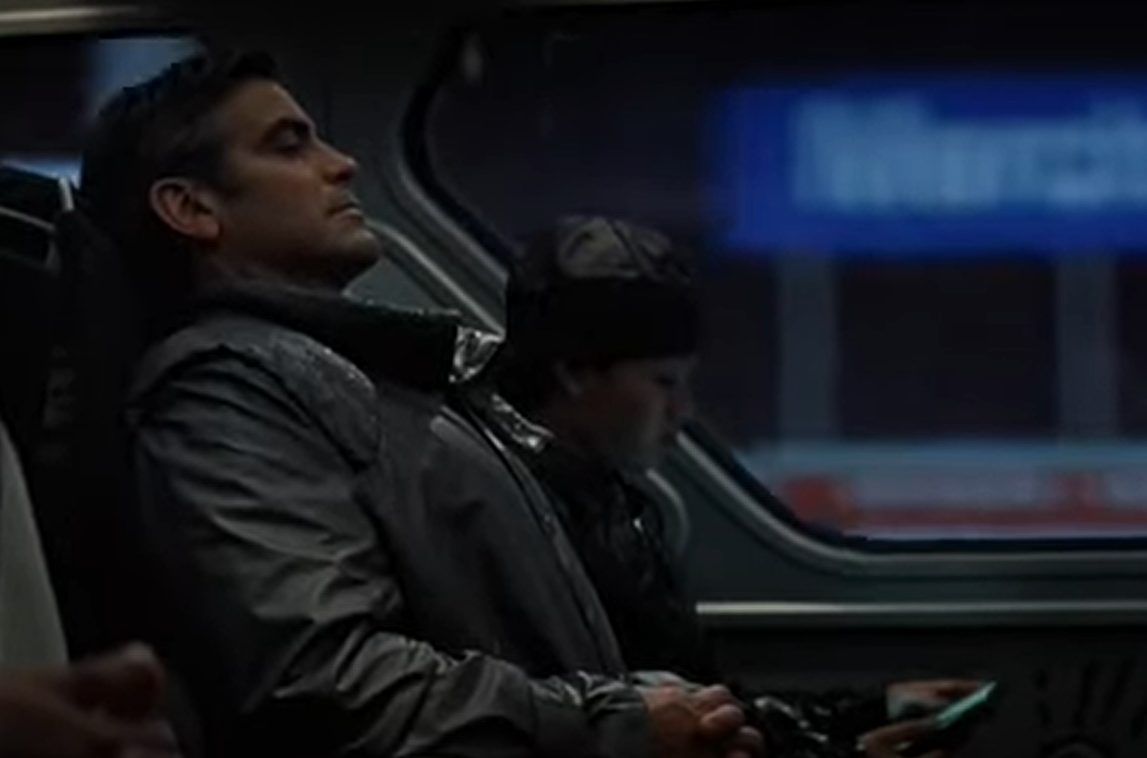 Twentieth Century, Solaris (2002)
Twentieth Century, Solaris (2002)
Total Recall (1990)
In this classic sci-fi movie, Arnold Schwarzenegger is implanted with a memory that will allow him to take a mind vacation to Mars and act out a secret agent fantasy. But guess what? The machine malfunctions (crazy, right?). Well, after that happens, it becomes harder for the character (and the audience) to distinguish between what is reality and what isn't.
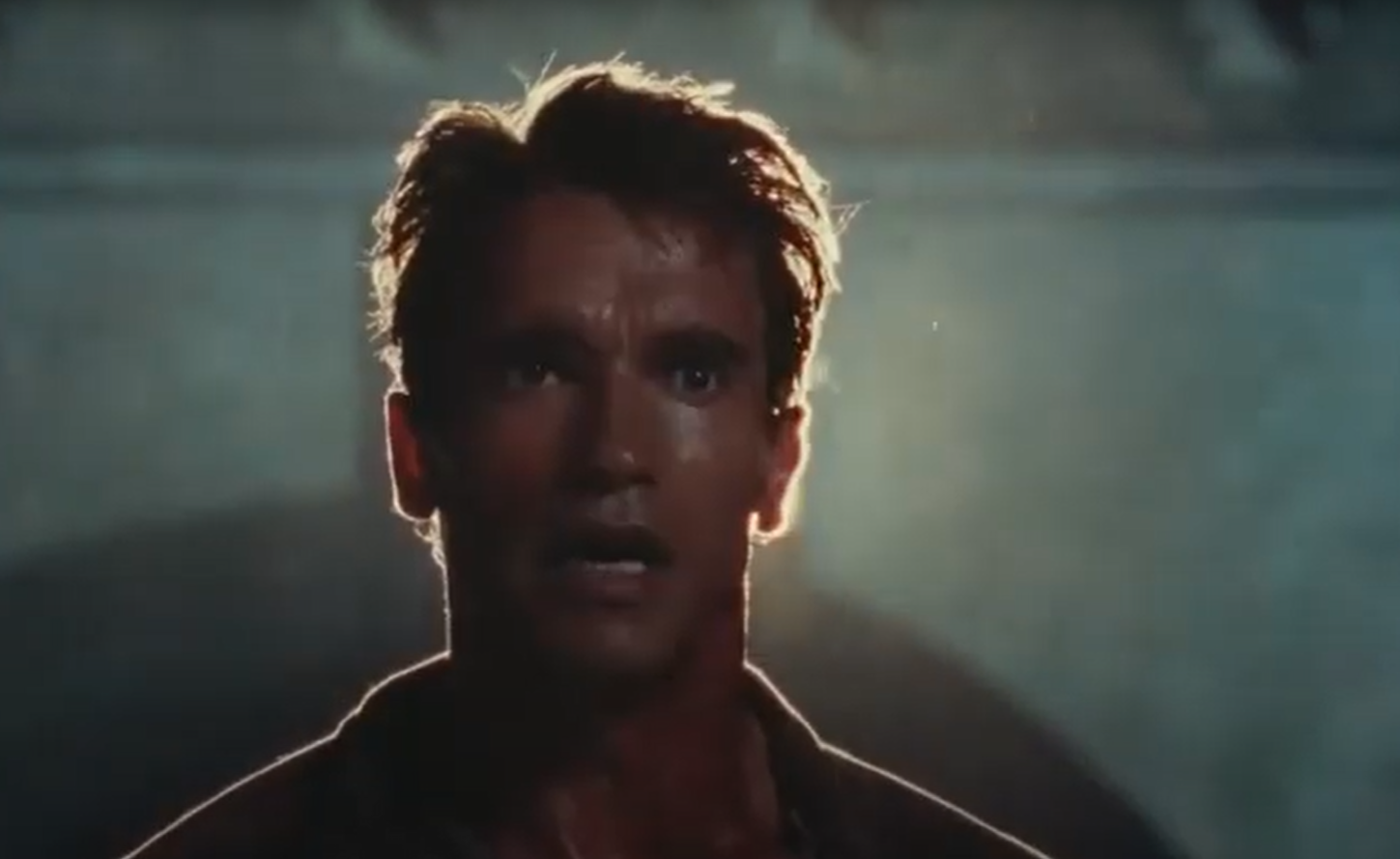 Carolco Pictures, Total Recall (1990)
Carolco Pictures, Total Recall (1990)
Total Recall (1990)
So, was it all a dream? Or did Arnie really go to Mars, save the day, and get the girl? It's a debate that still rages on today among fans of this 90s movie.
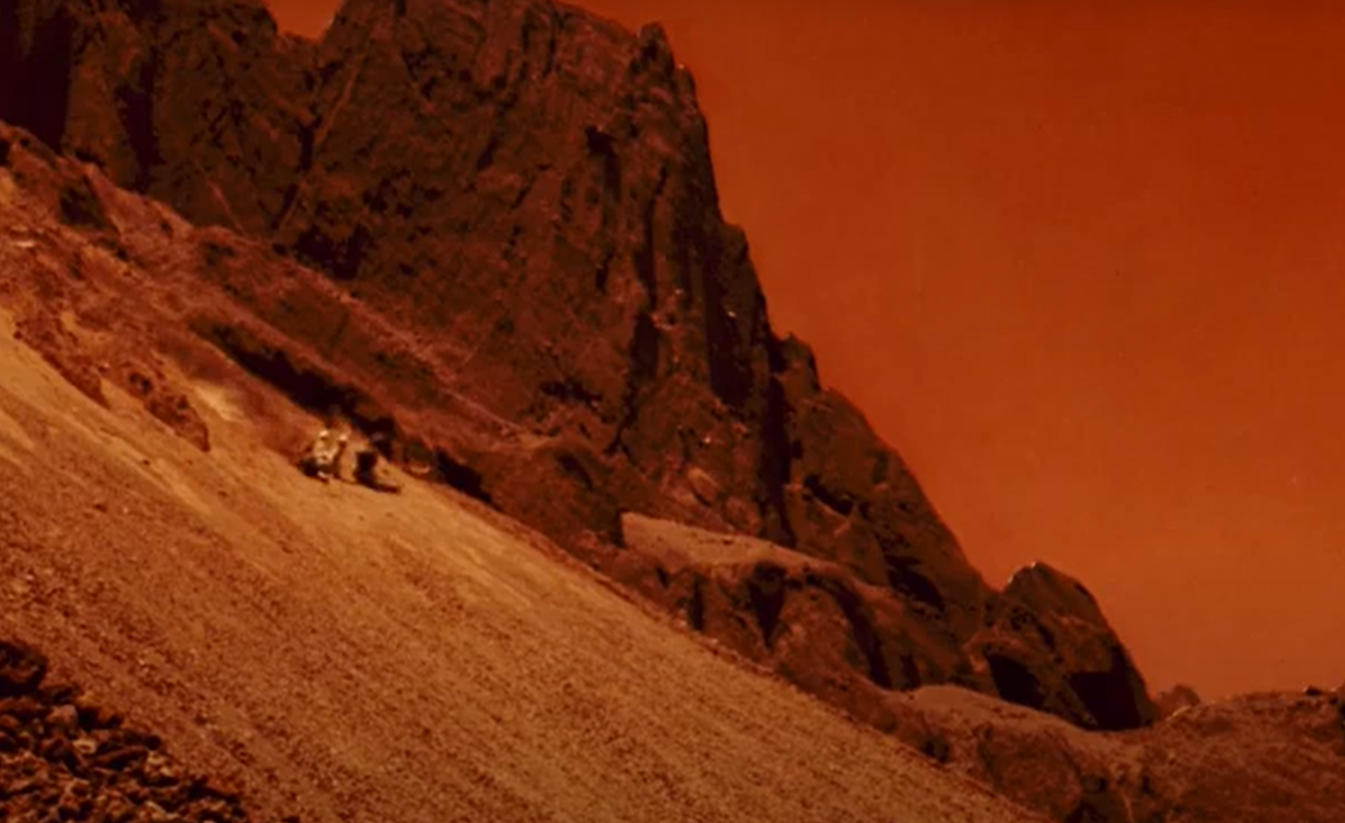 Carolco Pictures, Total Recall (1990)
Carolco Pictures, Total Recall (1990)
Midsommar (2019)
Given the plethora of "Midsommar ending explained" videos and blog posts online, we assume we aren't the only ones who were a little, ummm, uncertain about what to make of the final moments of this 2019 folk horror movie.
Midsommar (2019)
Florence Pugh and Jack Reynor play an American couple on the verge of breaking up who attend a midsummer festival in rural Sweden and are drawn into this cult of ritualistic violence. In the final moments, we witness the final sacrificial offerings as Pugh's character must decide who gets set aflame.
The smile slowly appearing on her face is scary and confusing all at the same time. What does it mean?
"The Thing" (1982)
What's worse than having to fight a deadly alien from outer space? How about having to fight one that is also able to shape-shift into the form of any person? Yeah, that sounds worse. Because if the alien can look like anyone, then who can you trust? Which is exactly the question being asked by the final moments of 1982's The Thing.
The Thing (1982)
After everything they've been through, two men have survived the attack. As they sit across from each other while their base burns down, they stare unflinchingly at each other—questioning if the other is the person they think it is, or the alien.
And we the audience do the exact same thing (no pun intended).
The Wrestler (2008)
Darren Aronofsky's The Wrestler is one of the best films of the aughts and the performance of Mickey Rourke as Randy “The Ram” Robinson is one for the ages. Randy is an old professional wrestler who's retired from the sport but can't fight his desire to go back to it, back to the one place he's always felt like he belonged. However, following a heart attack, doctors tell Robinson that it is too dangerous to ever wrestle again and that doing so would put his life in true danger.
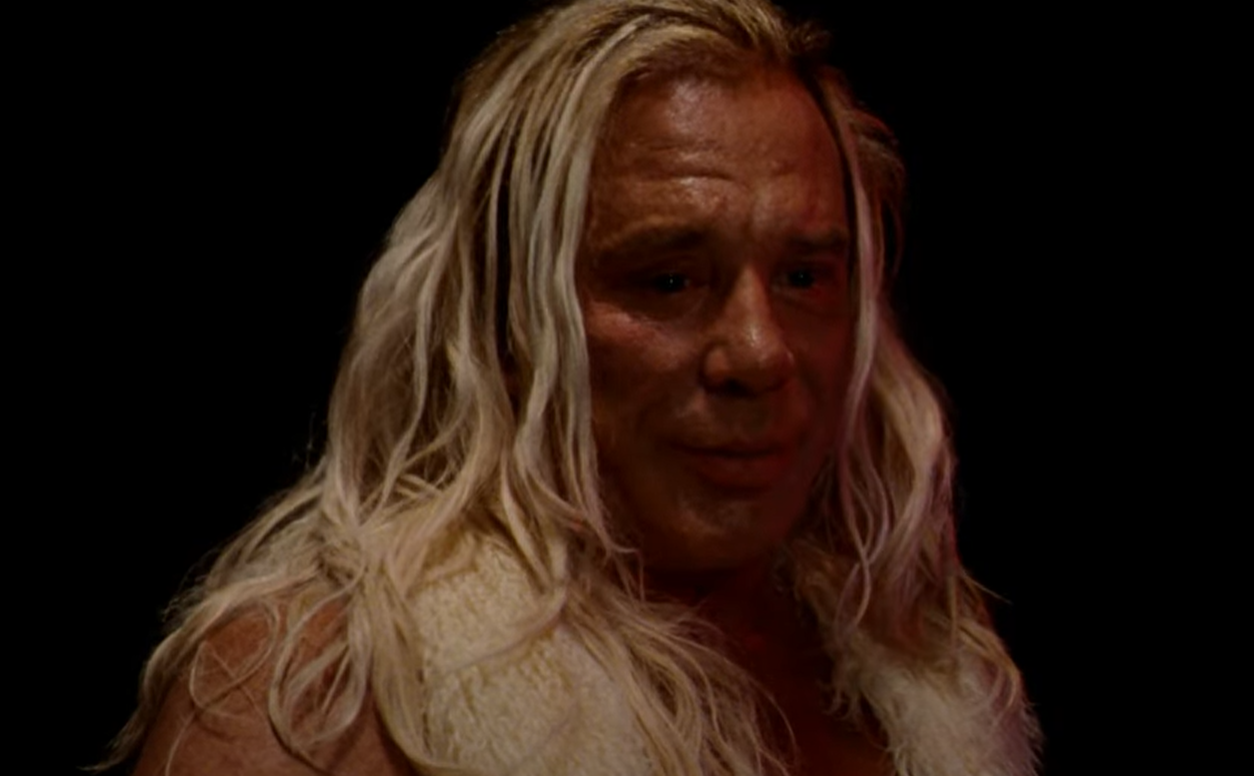 Searchlight Pictures, The Wrestler (2008)
Searchlight Pictures, The Wrestler (2008)
The Wrestler (2008)
But "The Ram" can't stay away and gets back in the ring for a match—and with the crowd cheering him on, leaps from the top rope. The End! We never see him land and therefore we don't know what ultimately happens to him. So, while this ending might not be "confusing"—it certainly leaves one big question never answered.
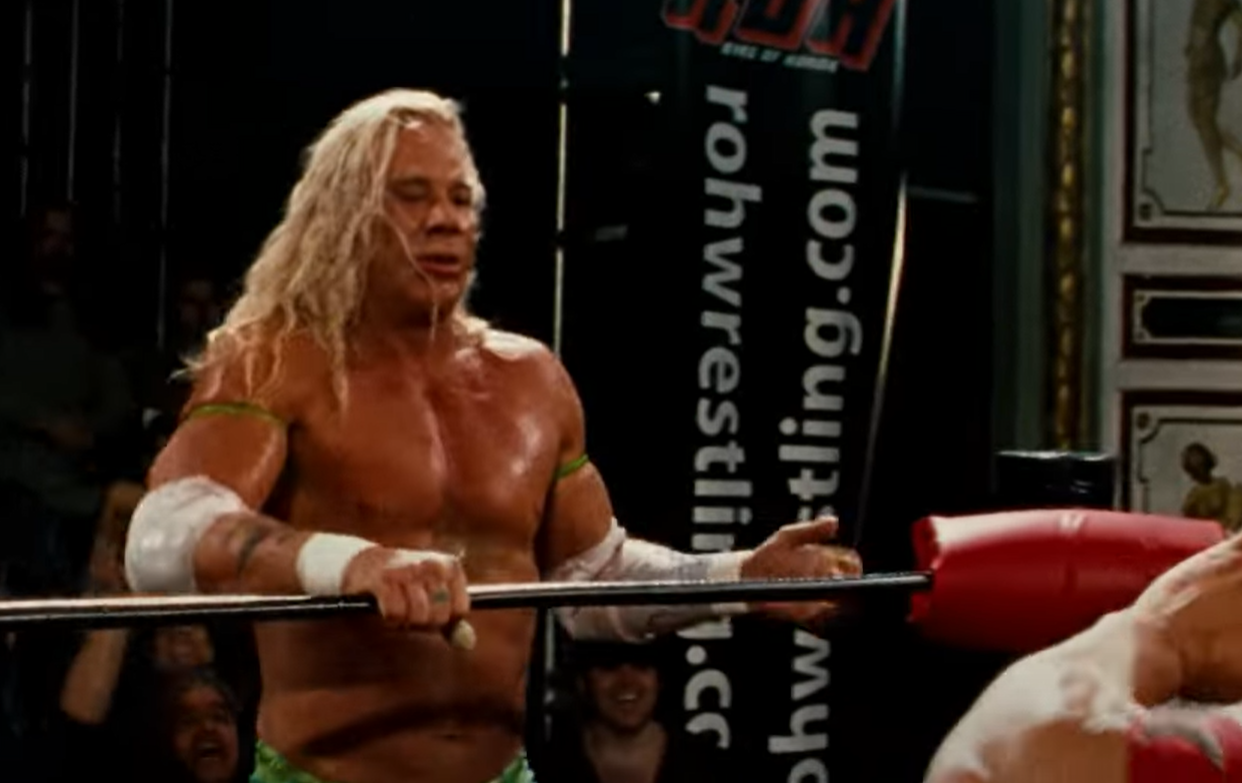 Searchlight Pictures, The Wrestler (2008)
Searchlight Pictures, The Wrestler (2008)
American Psycho (2000)
Christian Bale's Patrick Bateman is a yuppie investment banker in the 80s obsessed with fitness, fashion, Huey Lewis, and business cards. Oh, and he's also a serial killer who, over the course of the film, violently takes care of a multitude of people for one narcissistic reason or another.
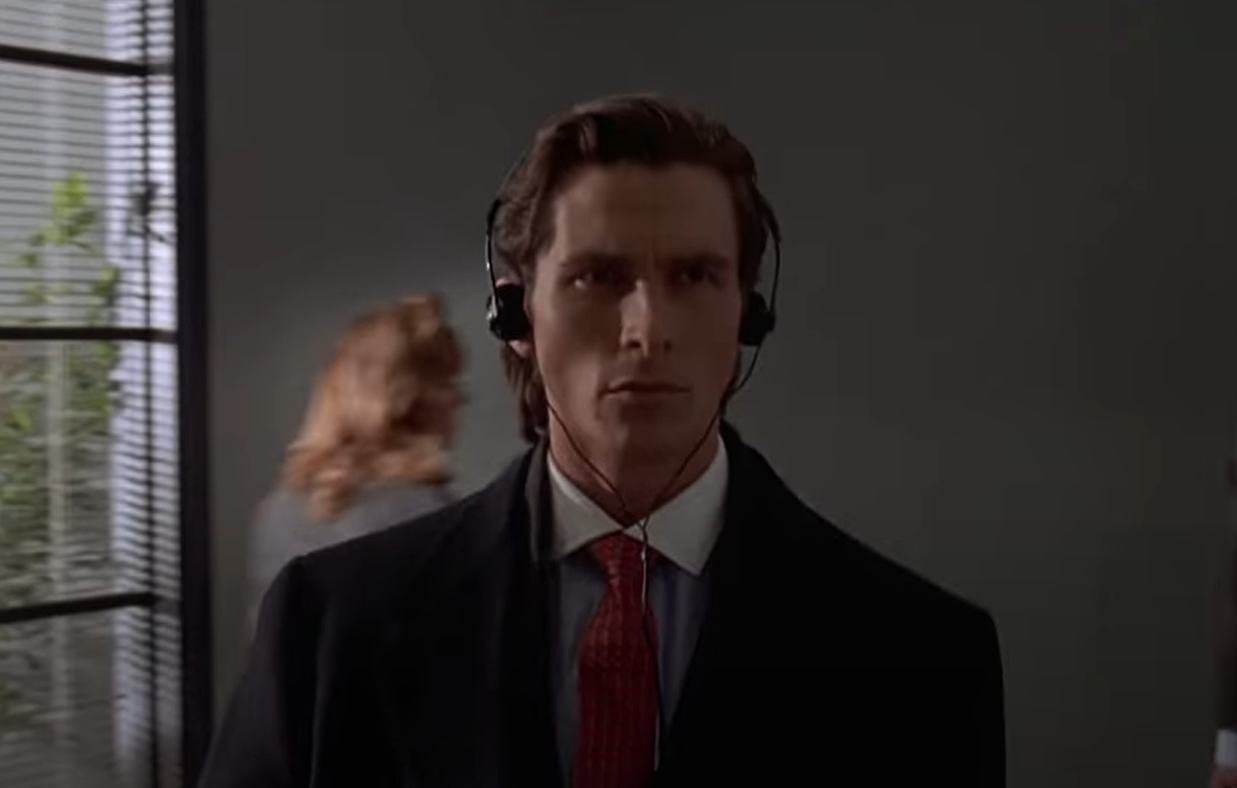 Lionsgate, American Psycho (2000)
Lionsgate, American Psycho (2000)
American Psycho (2000)
The film does get kind of surreal at points, which is one reason some people question the veracity of the violent events. Meaning, yes, there are some who believe it was all in his head. And the truth is that seems to be something Bateman himself is wondering as the film ends and his multiple attempts at confessing his crimes have led to zero repercussions.
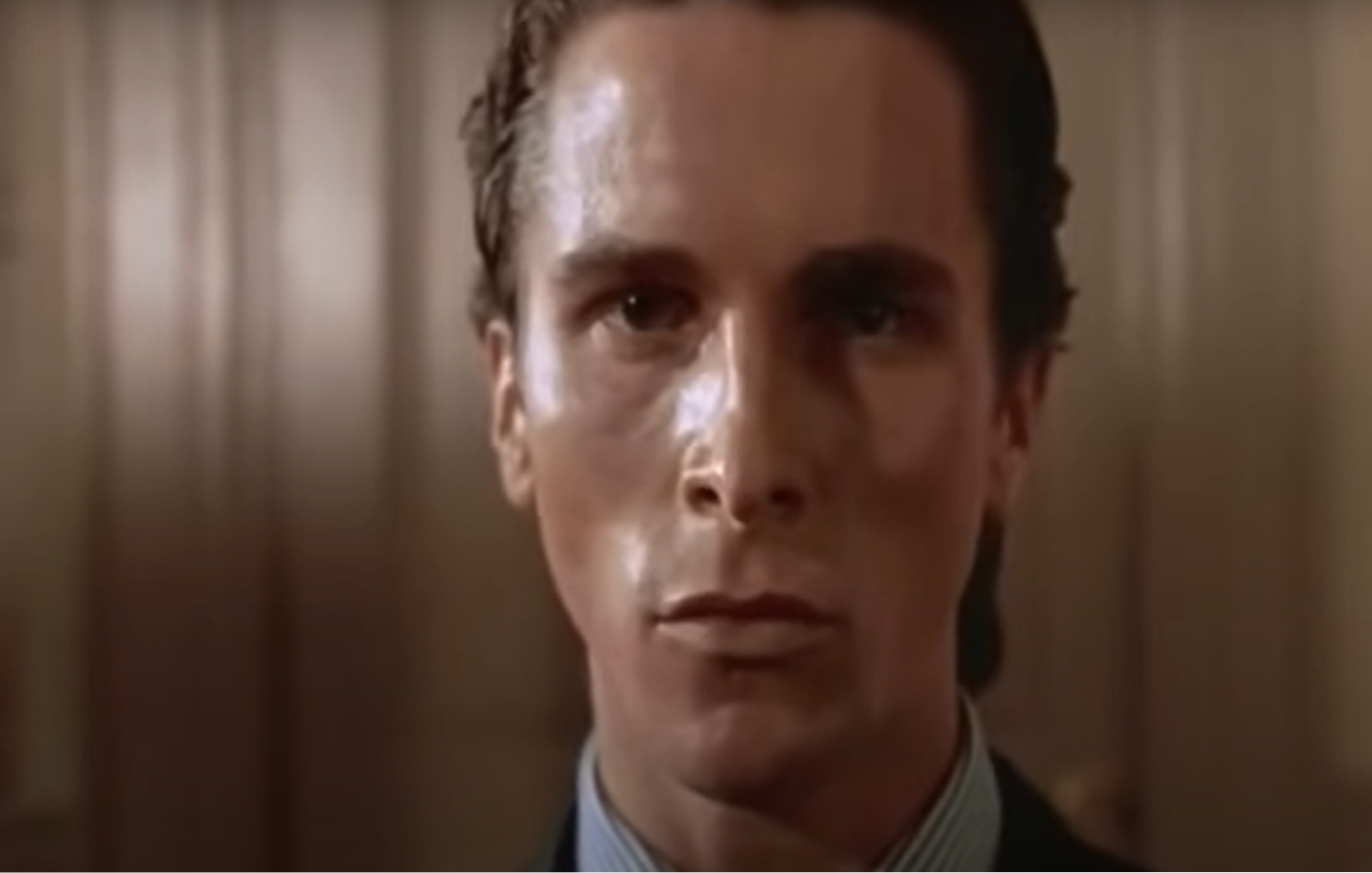 Lionsgate, American Psycho (2000)
Lionsgate, American Psycho (2000)
Planet Of The Apes (2001)
We all know how the original Planet of the Apes movie ends—with Charlton Heston seeing the statue of liberty and realizing that he's been on Earth the whole time. It's one of the most iconic and just plain awesome endings in the history of cinema. As for the 2001 version of the movie....not so much.
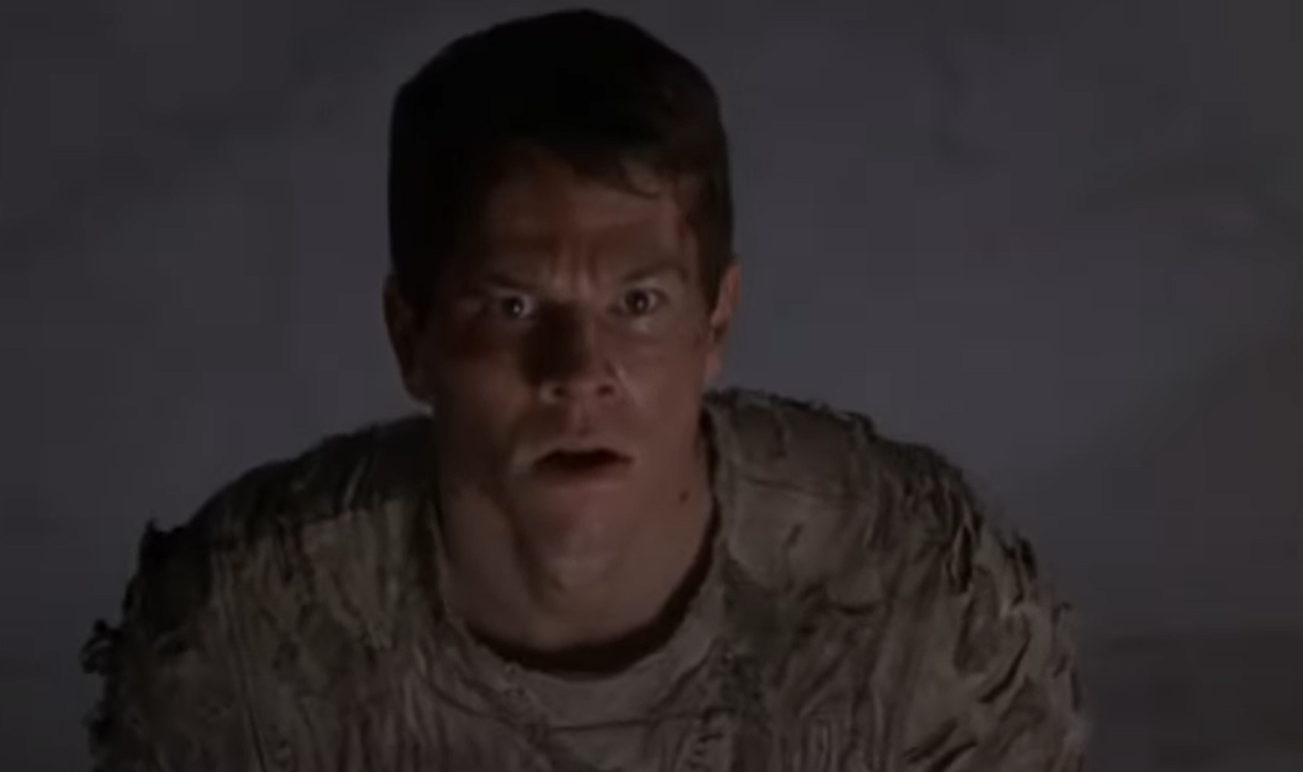 Twentieth Century, Planet of the Apes (2001)
Twentieth Century, Planet of the Apes (2001)
Planet Of The Apes (2001)
Rather than realizing he's been on Earth the whole time, Mark Wahlberg returns to Earth only to find that it is ruled by apes (the Lincoln Memorial is now an ape). But the problem is he came back to the same time in Earth's history as when he left. So, what happened? Is it a parallel universe? Did he change history? We're confused. Are you?
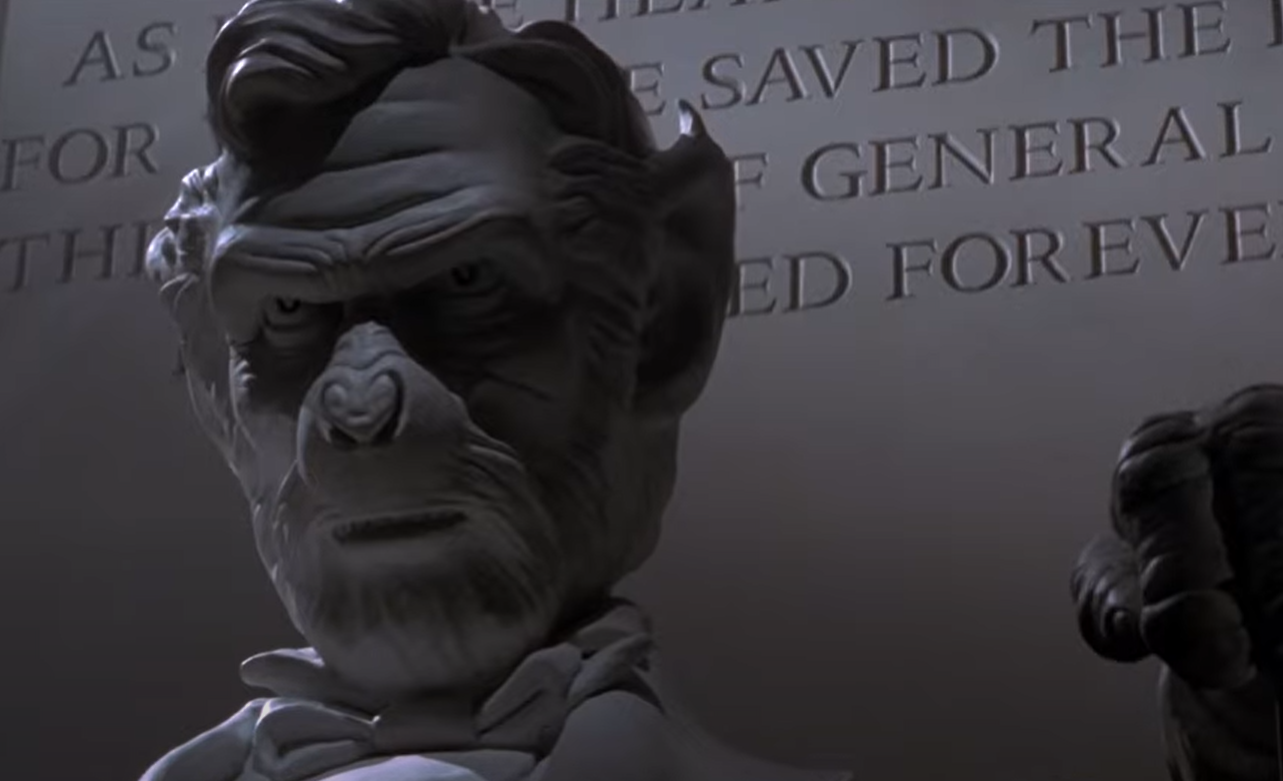 Twentieth Century, Planet of the Apes (2001)
Twentieth Century, Planet of the Apes (2001)
You May Also Like:
12 Things Movie Westerns Get Completely Wrong About The Old West

